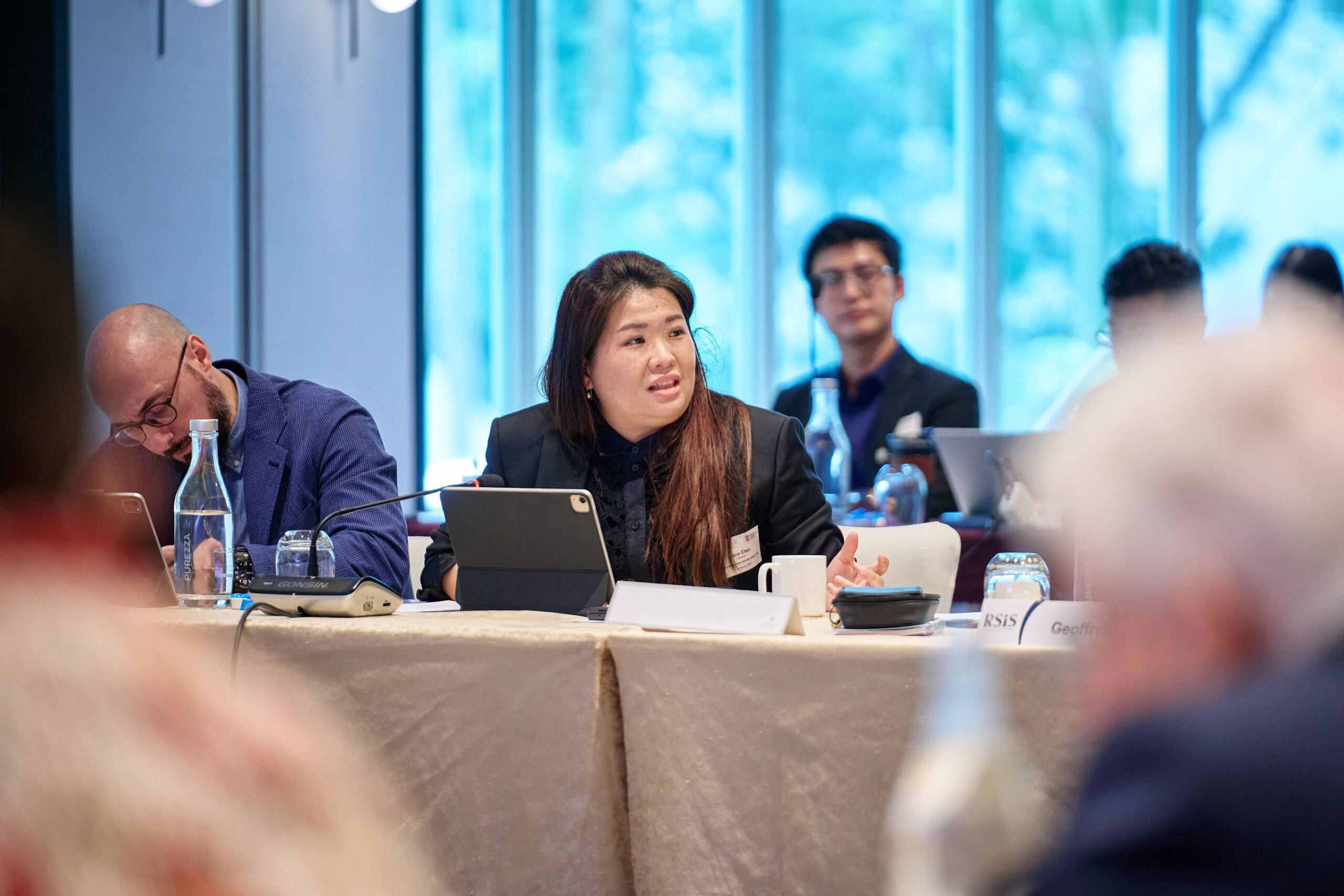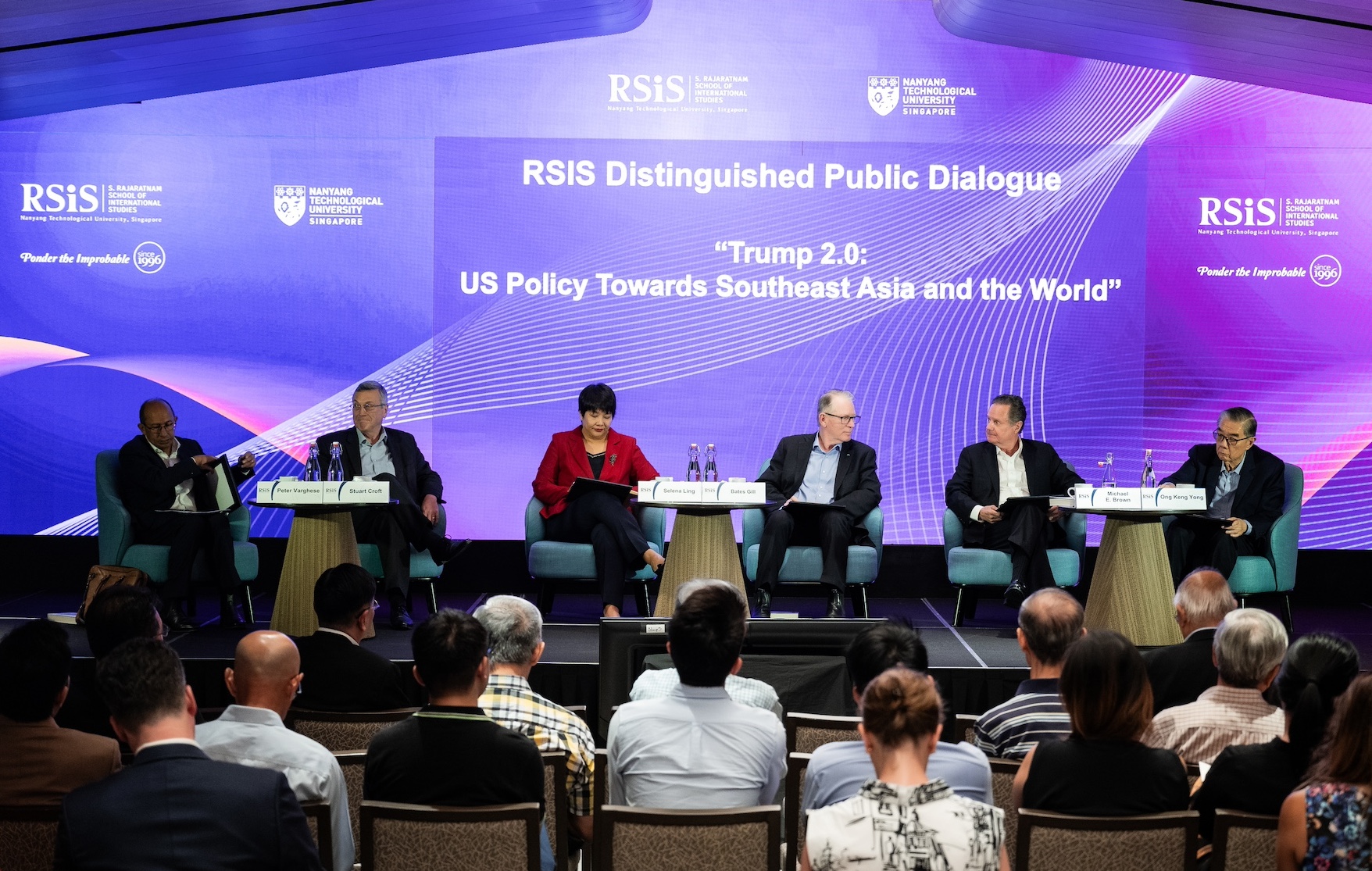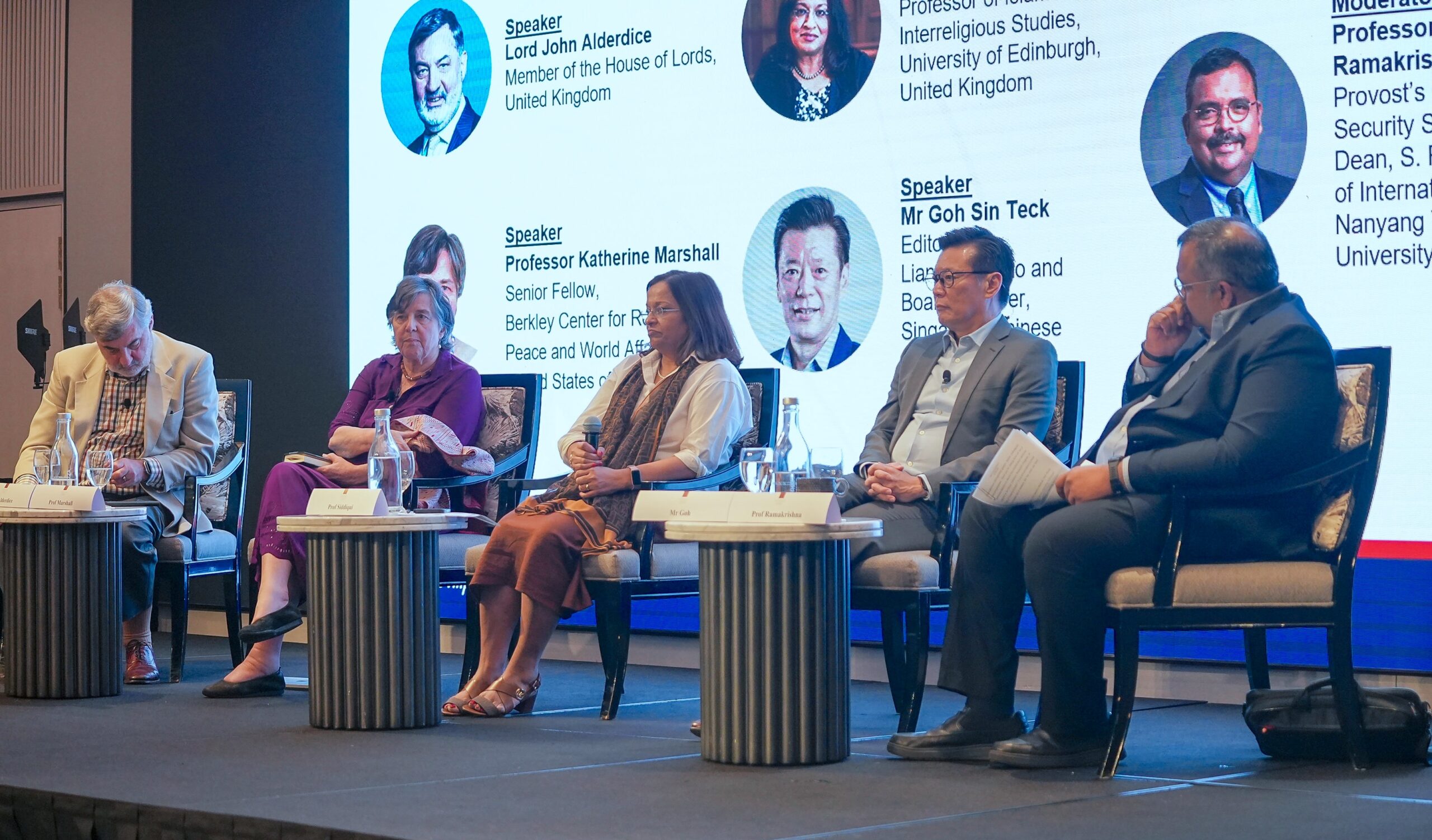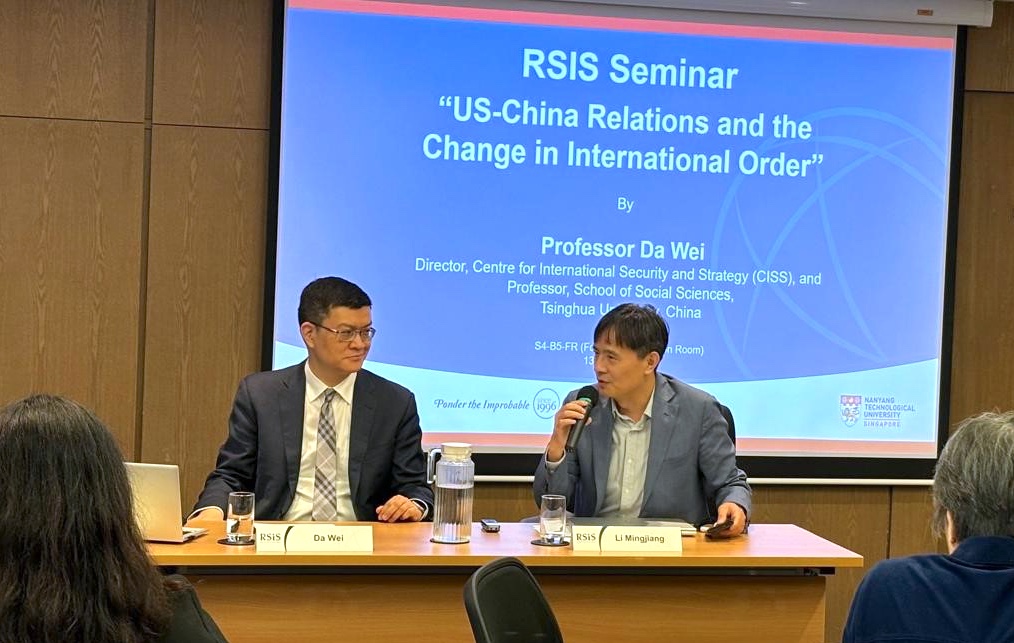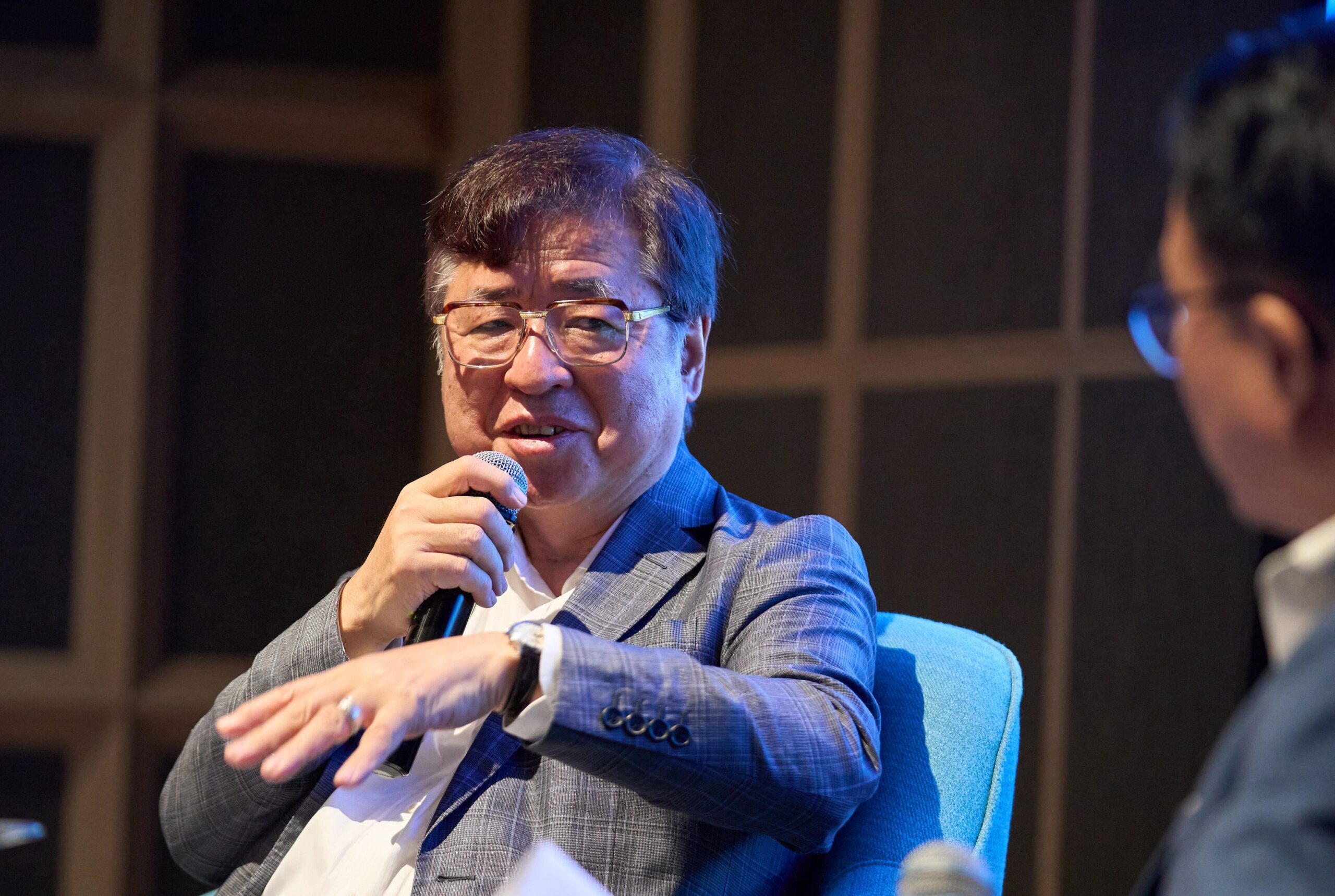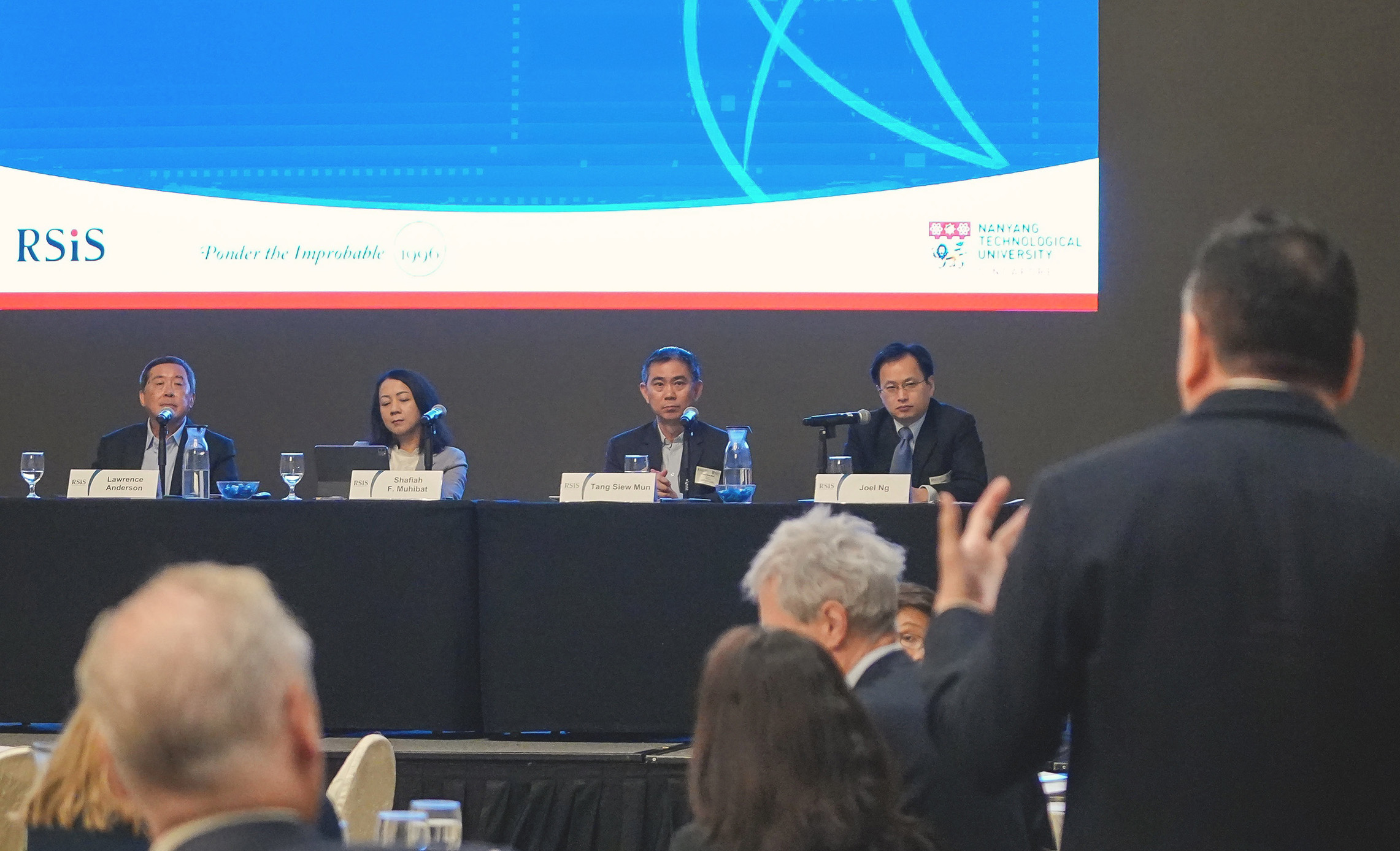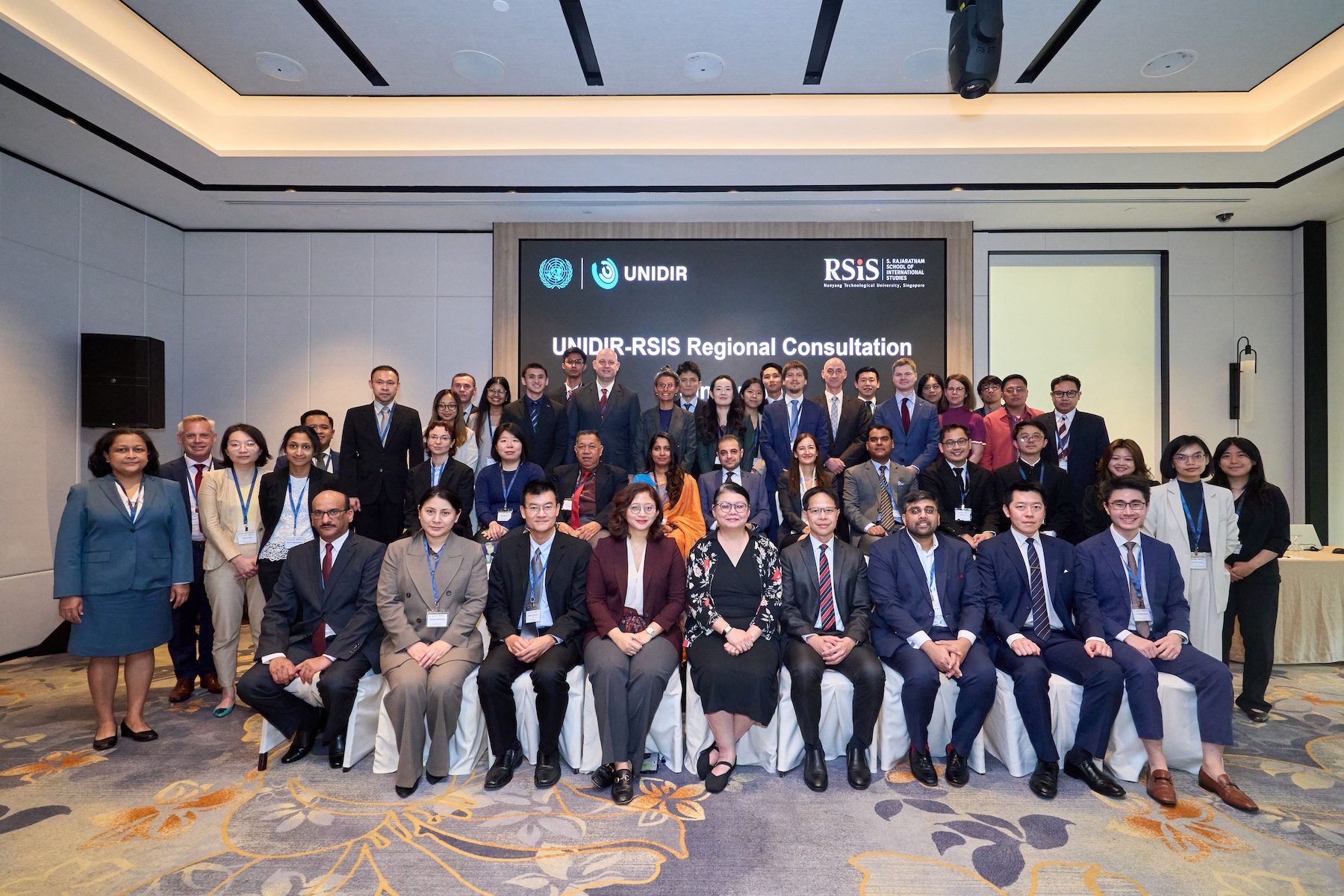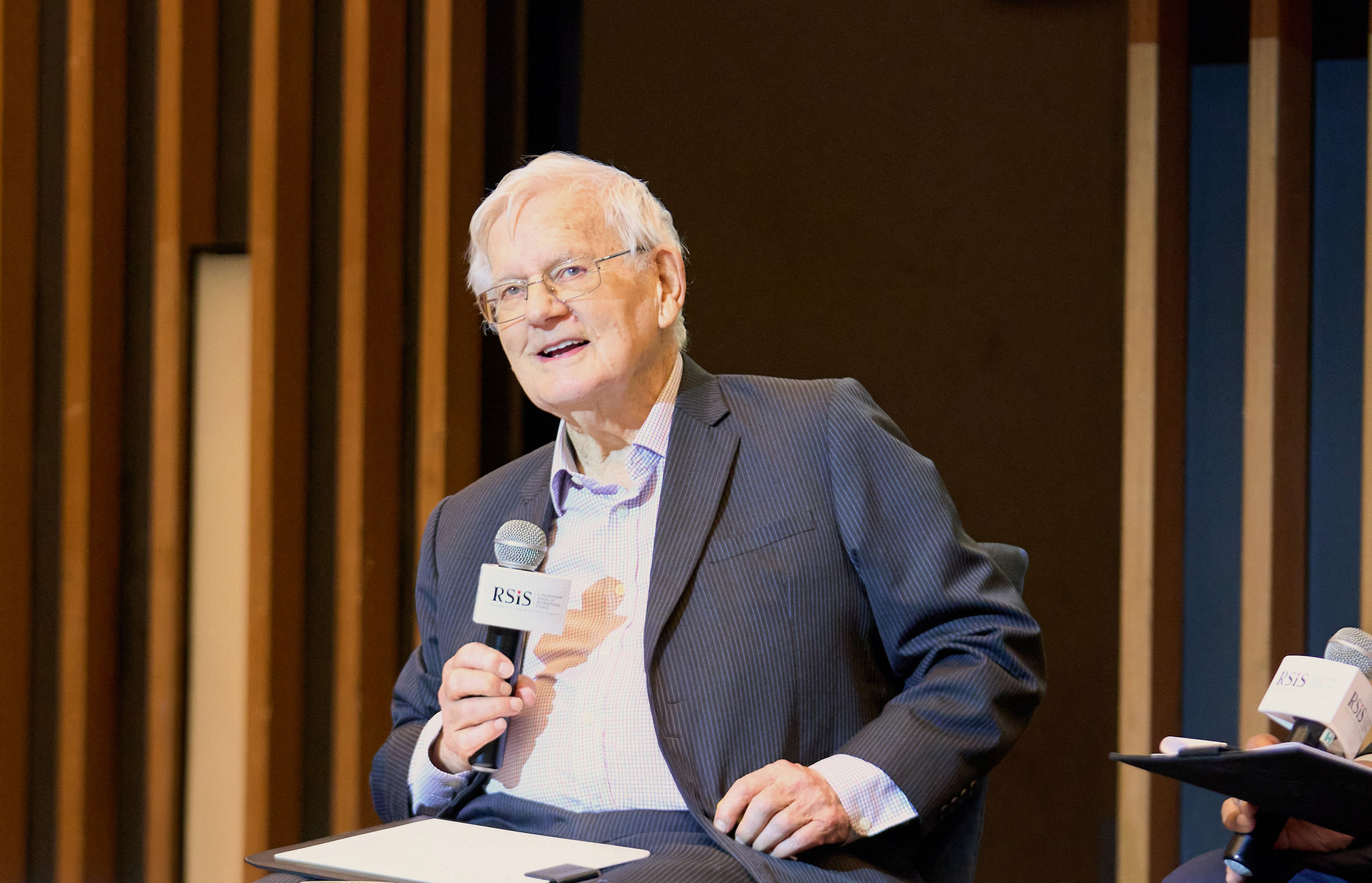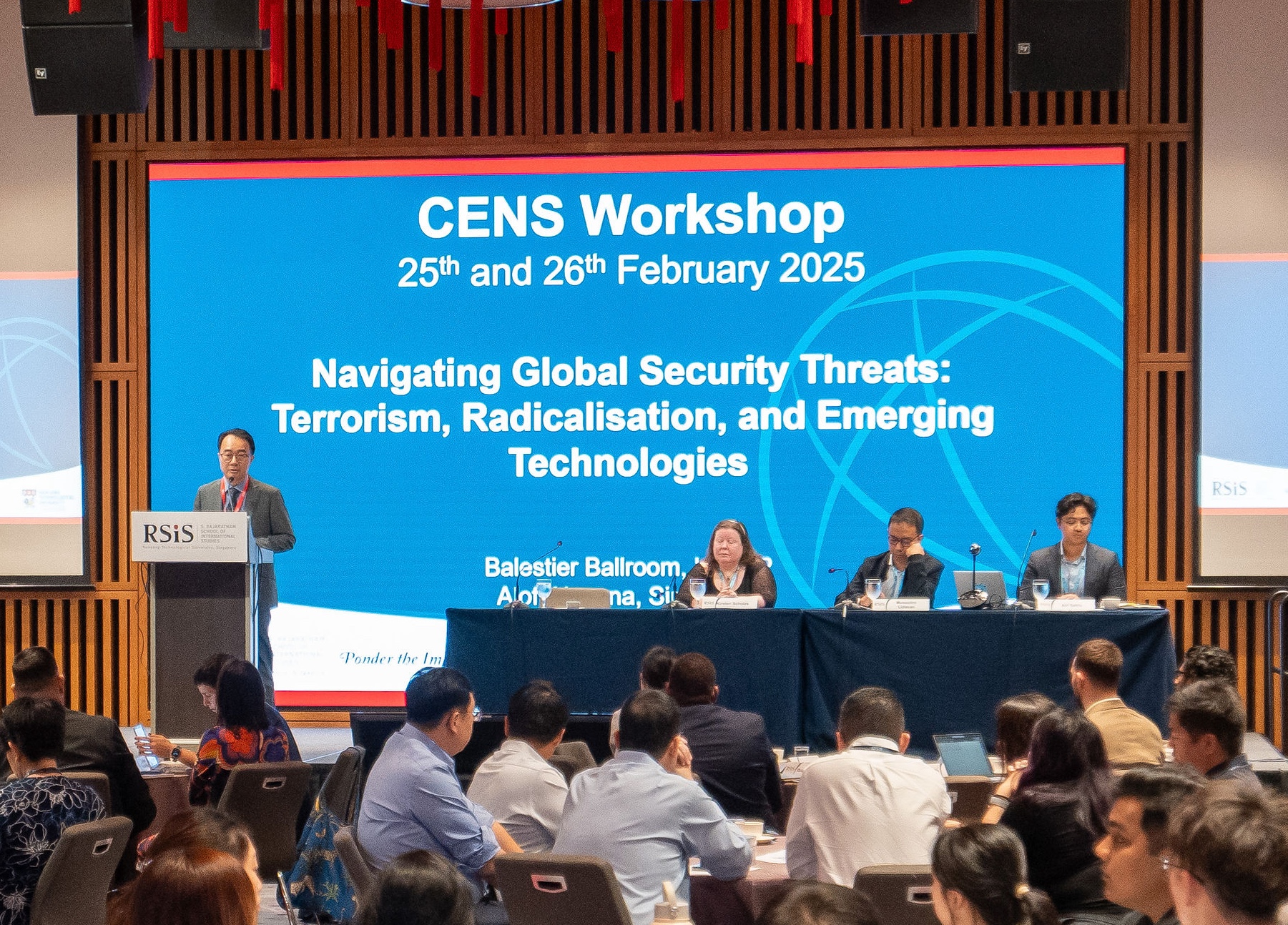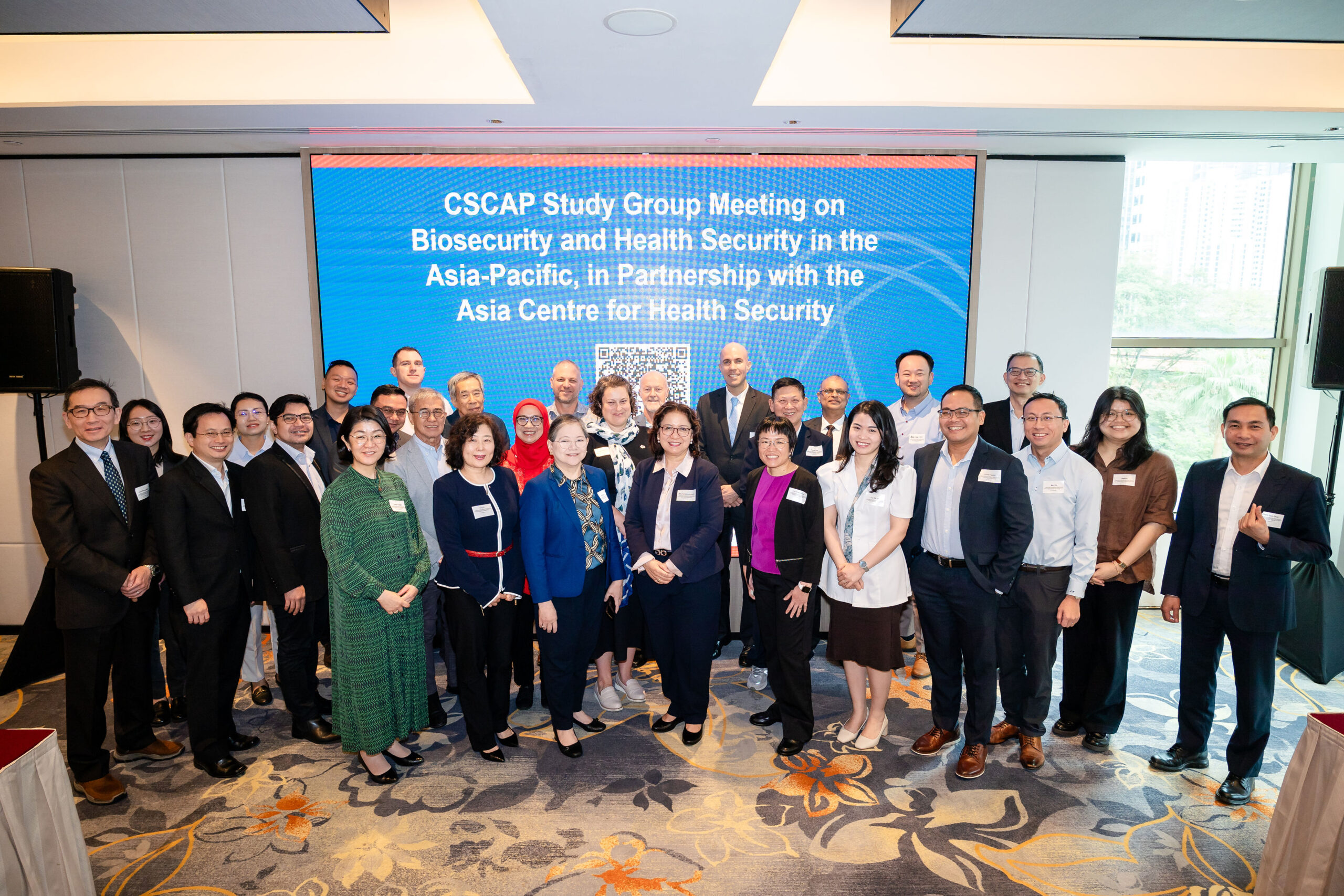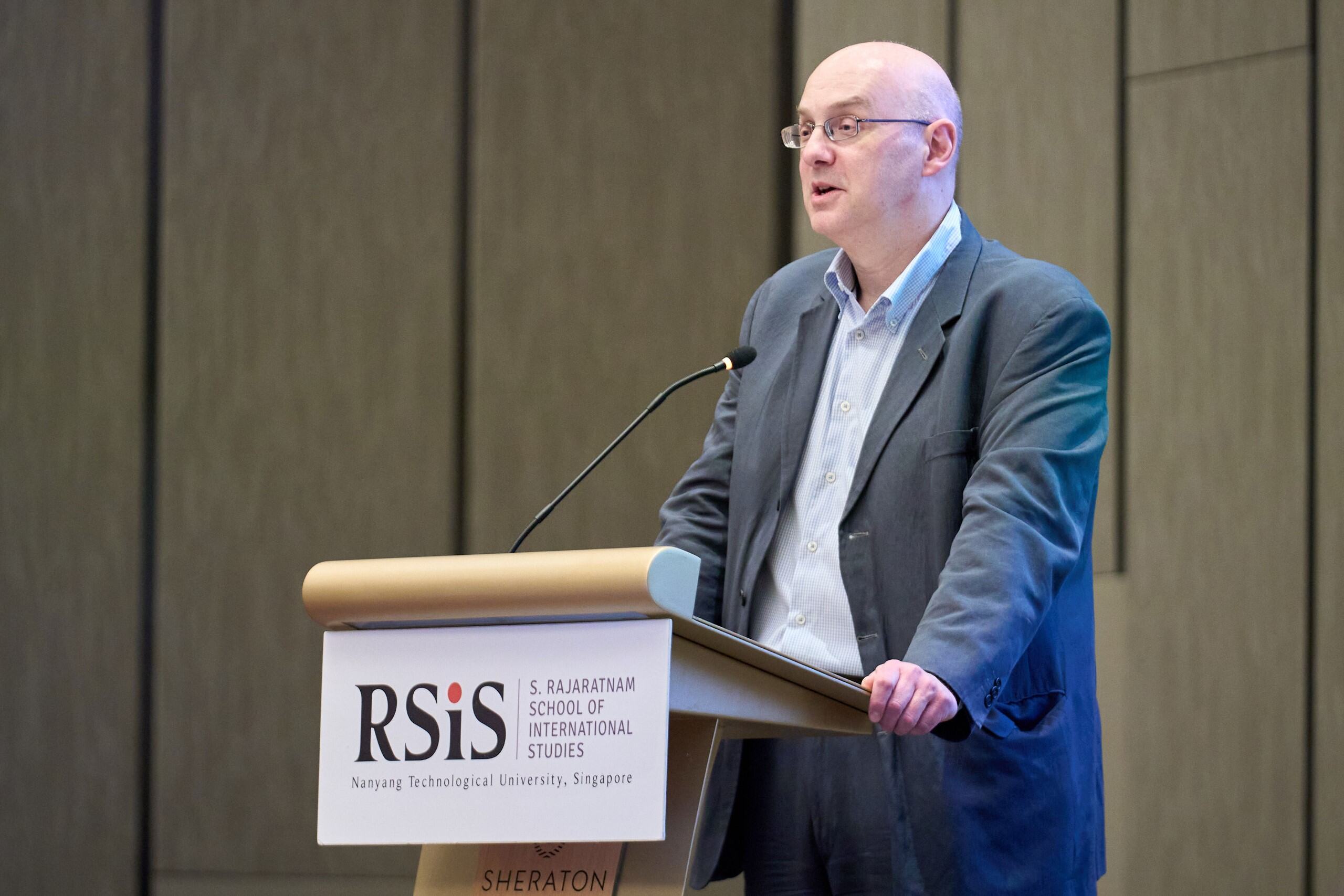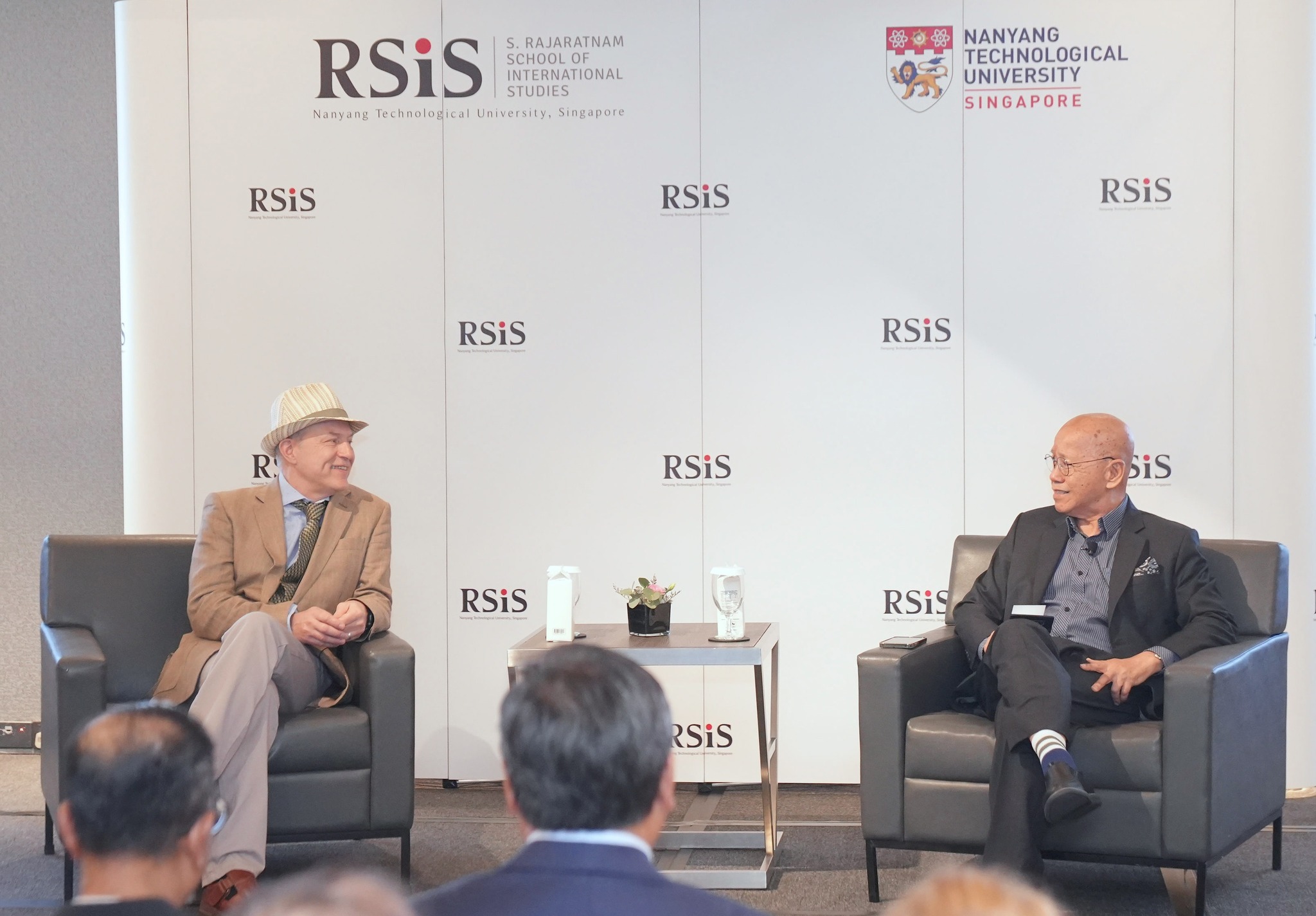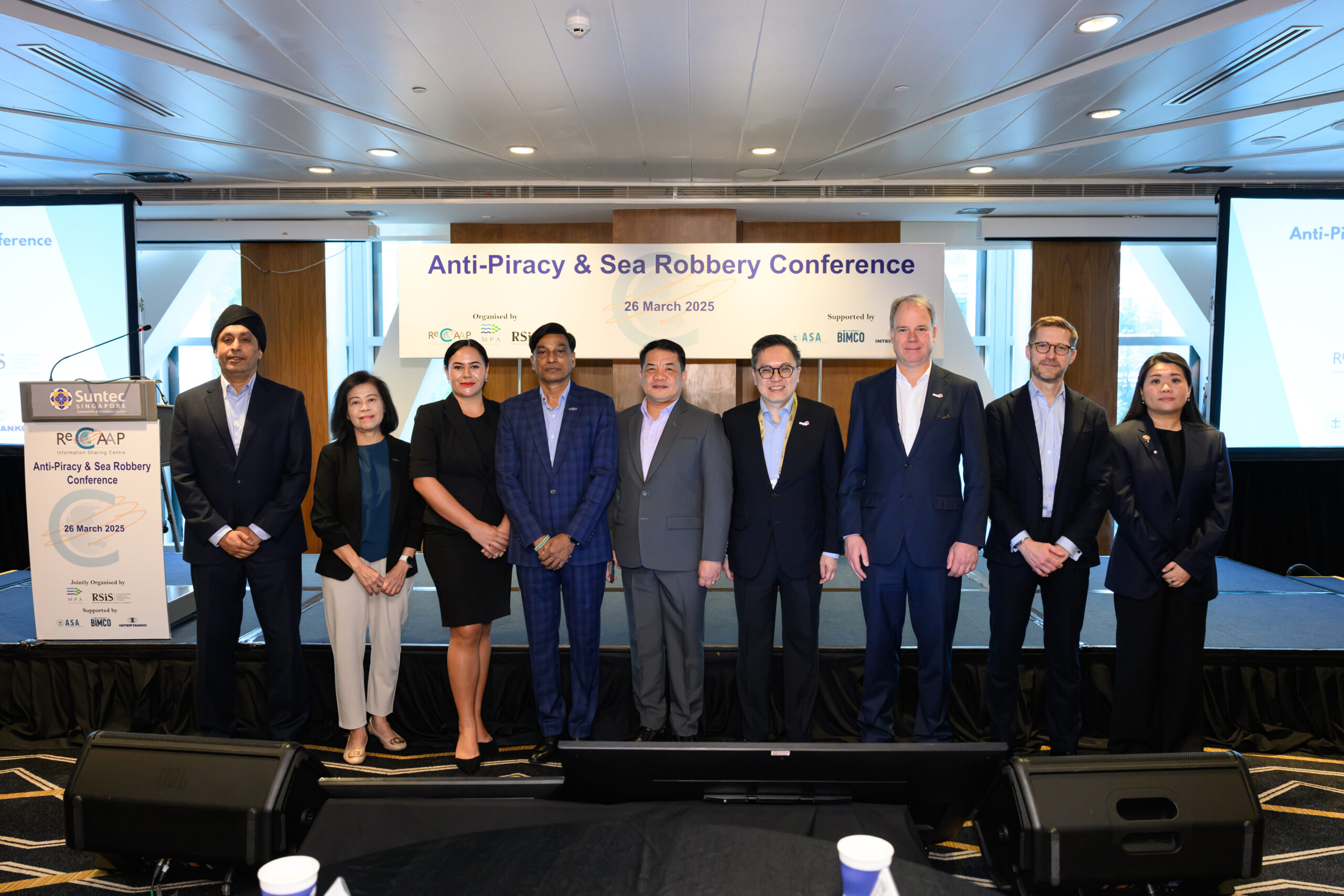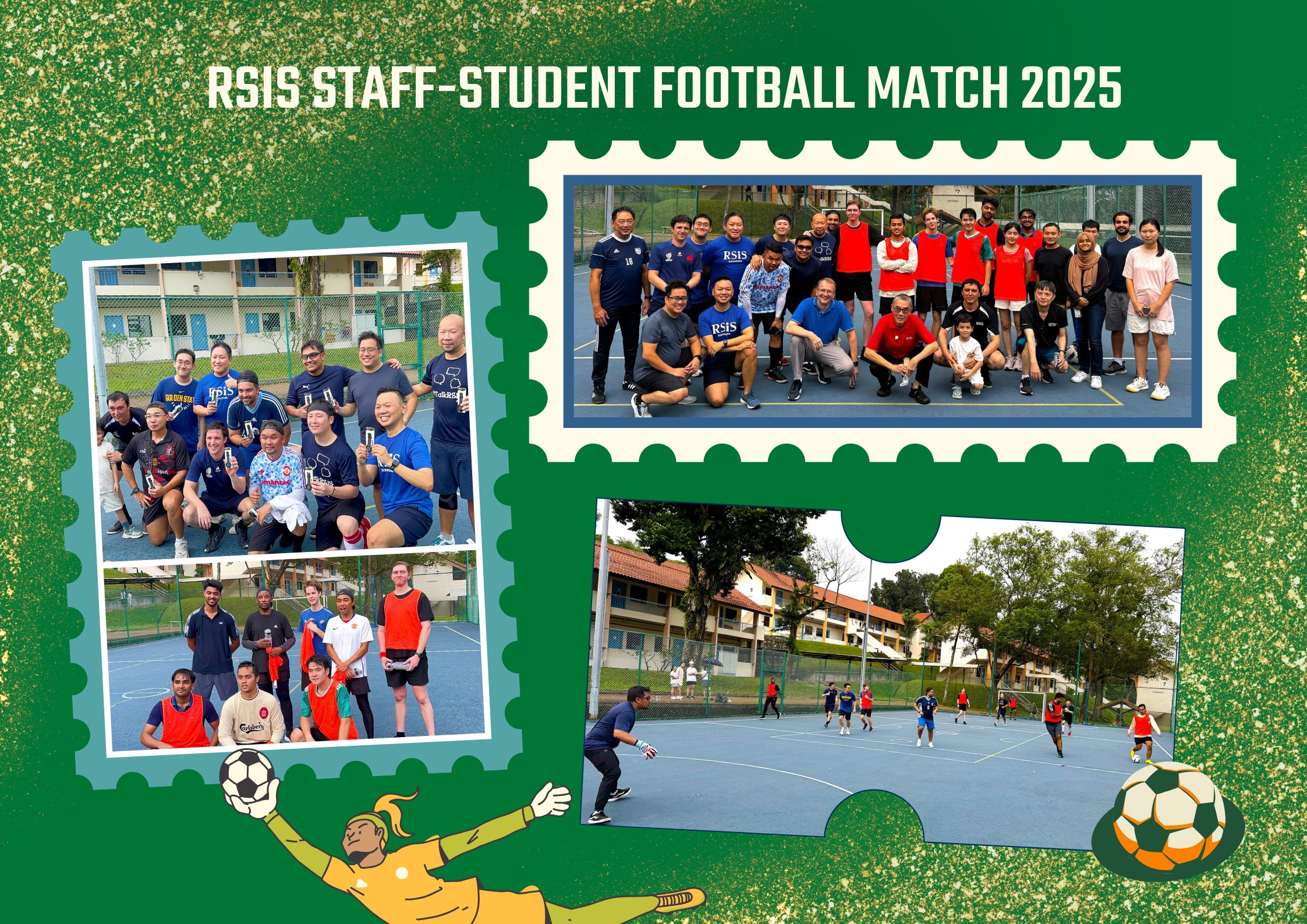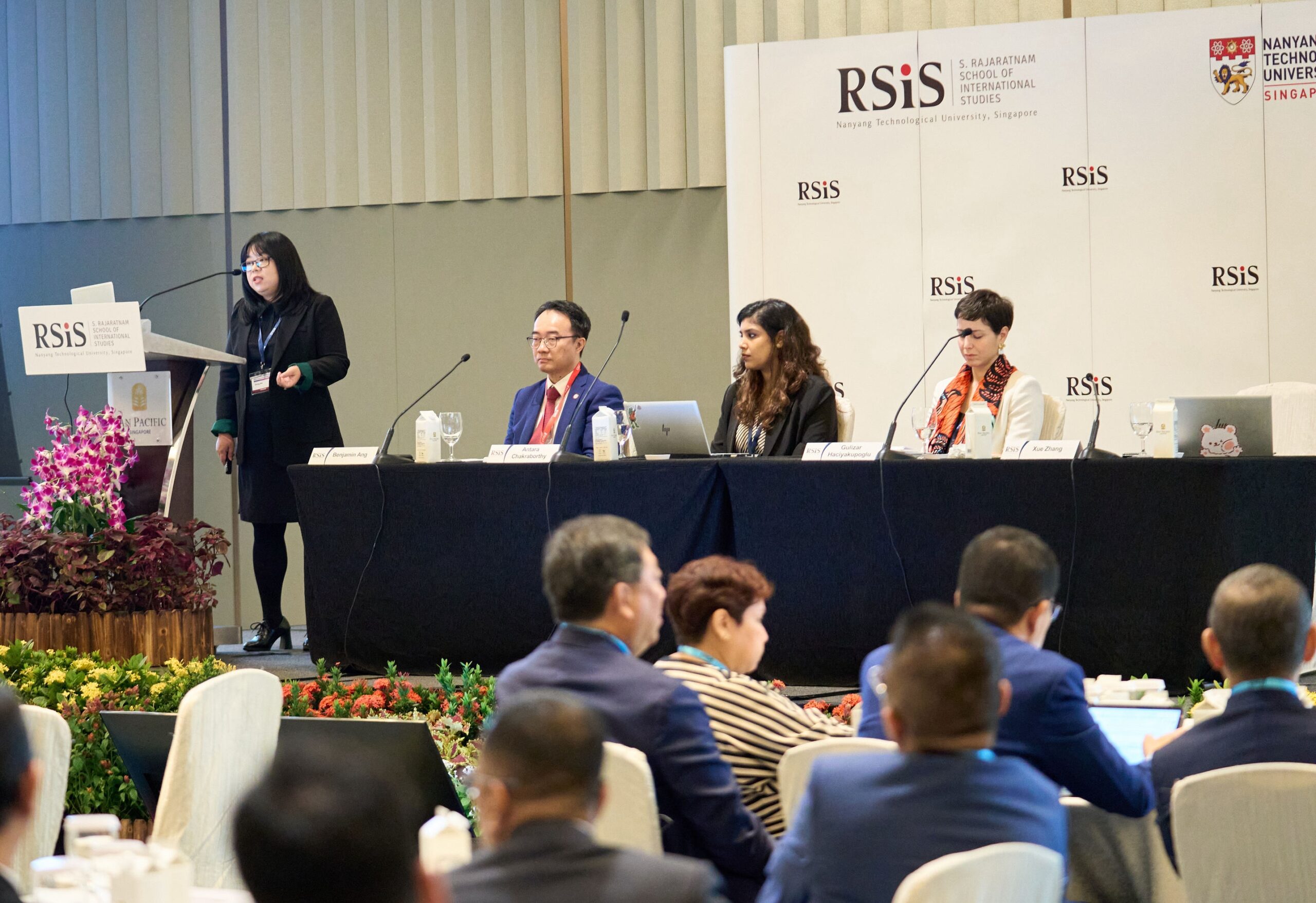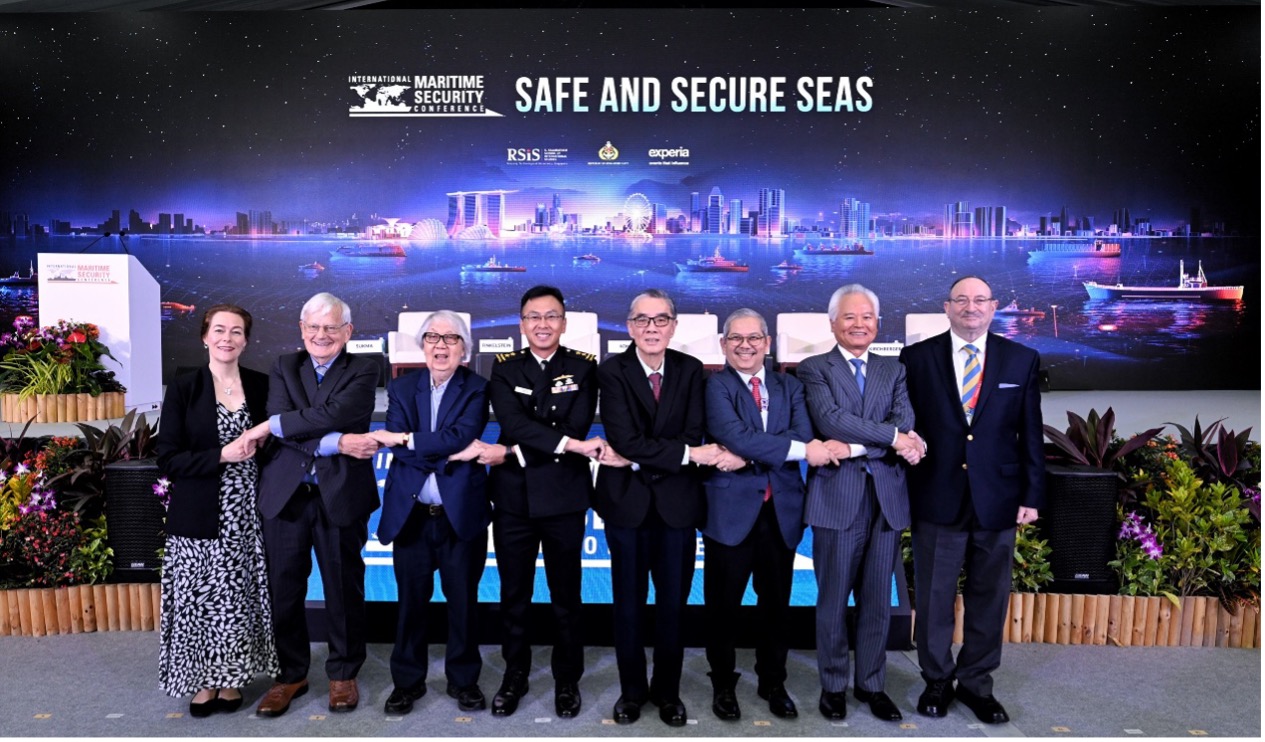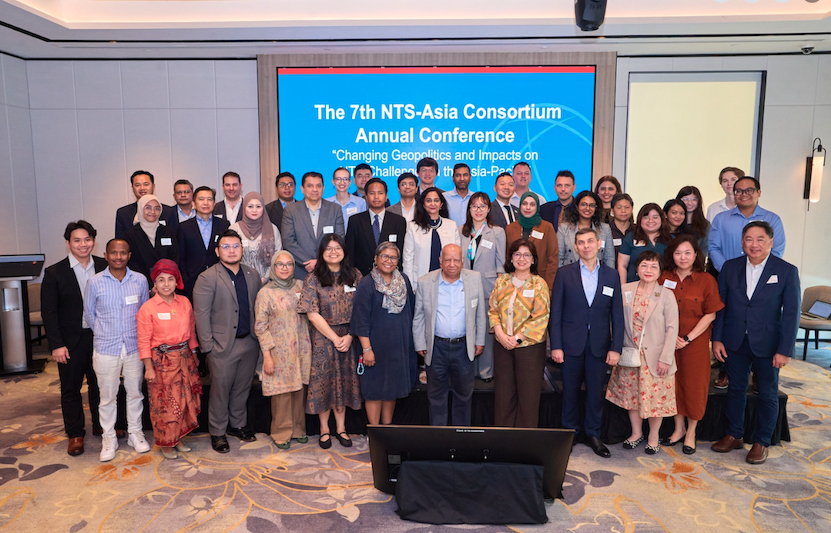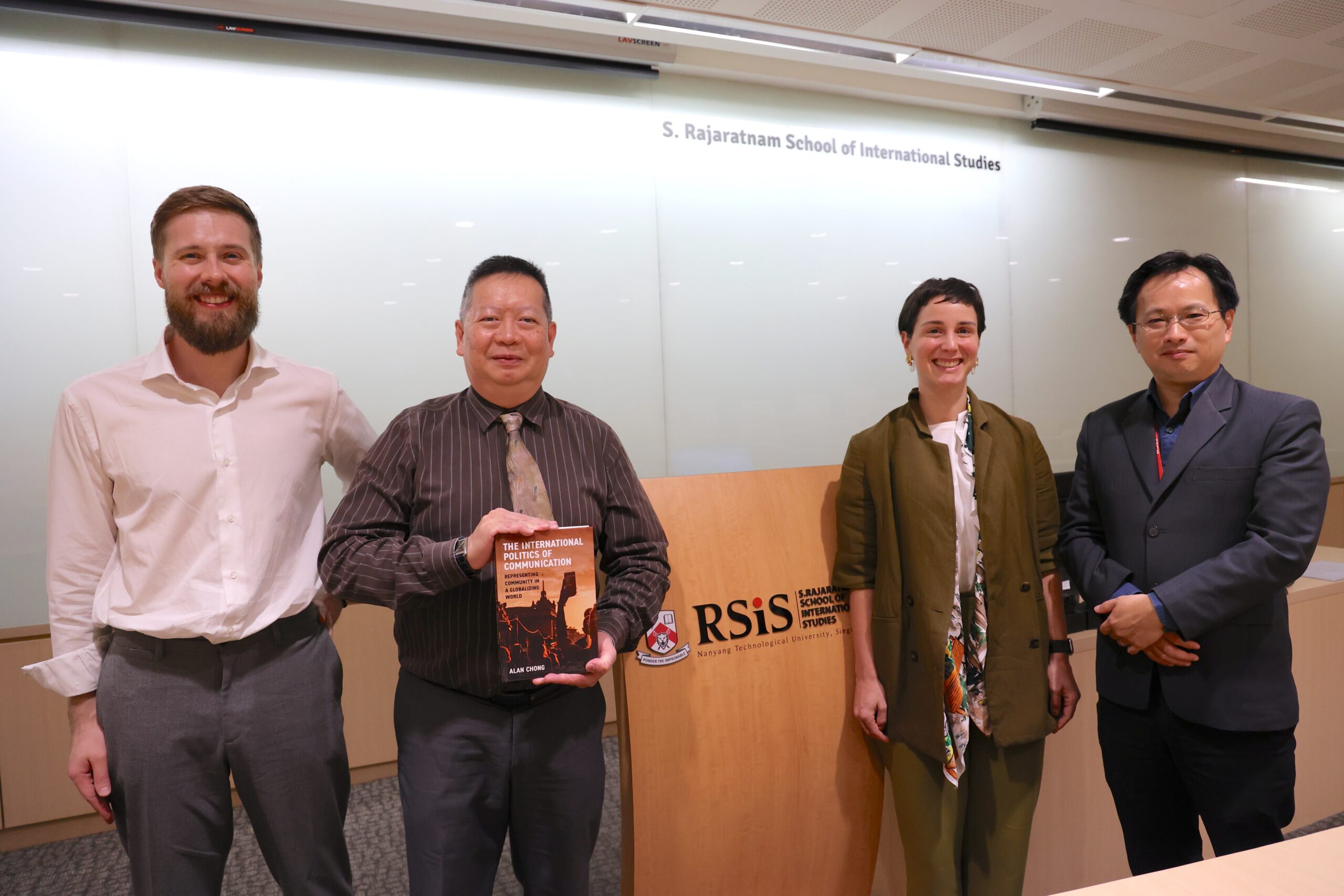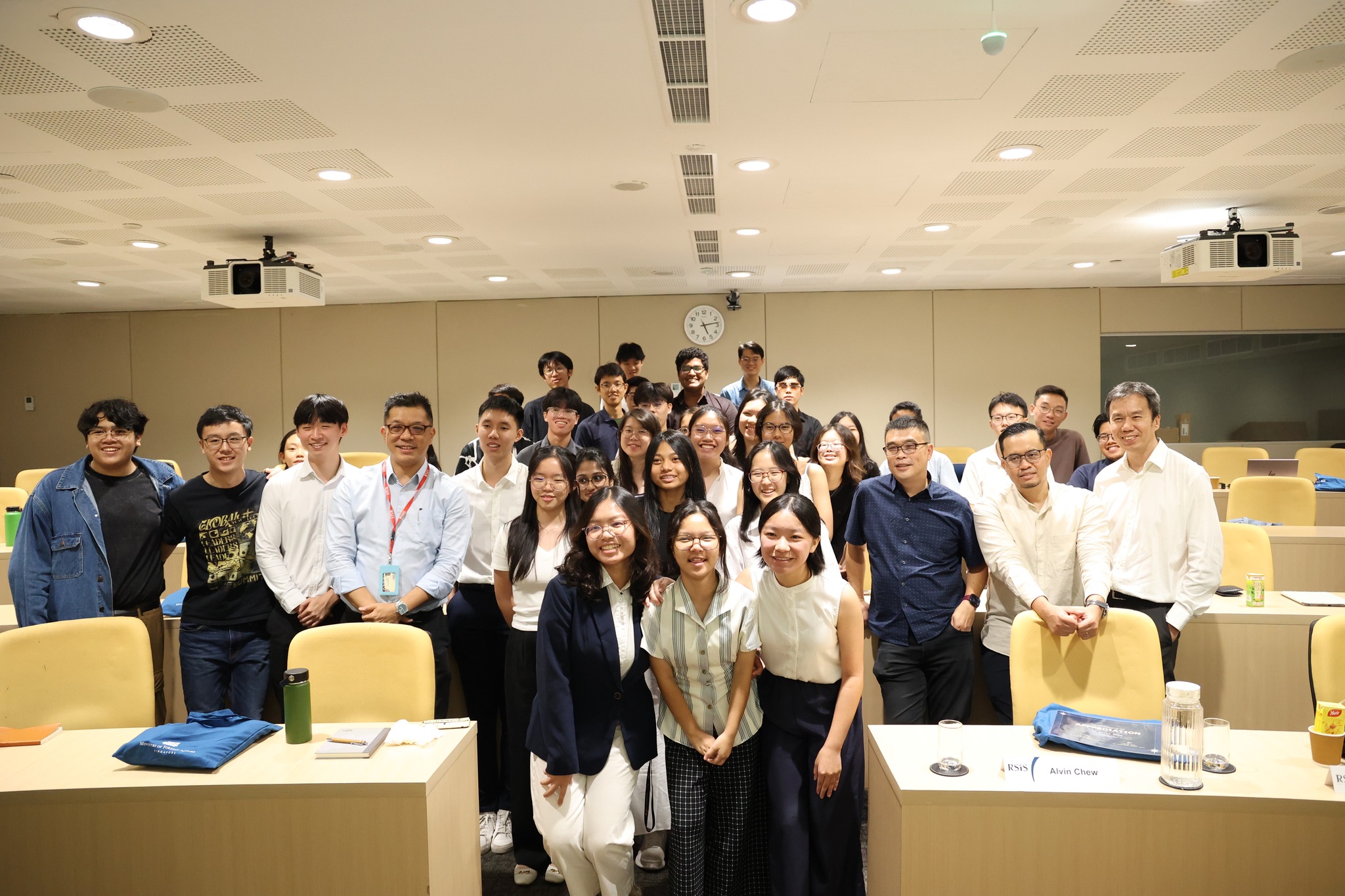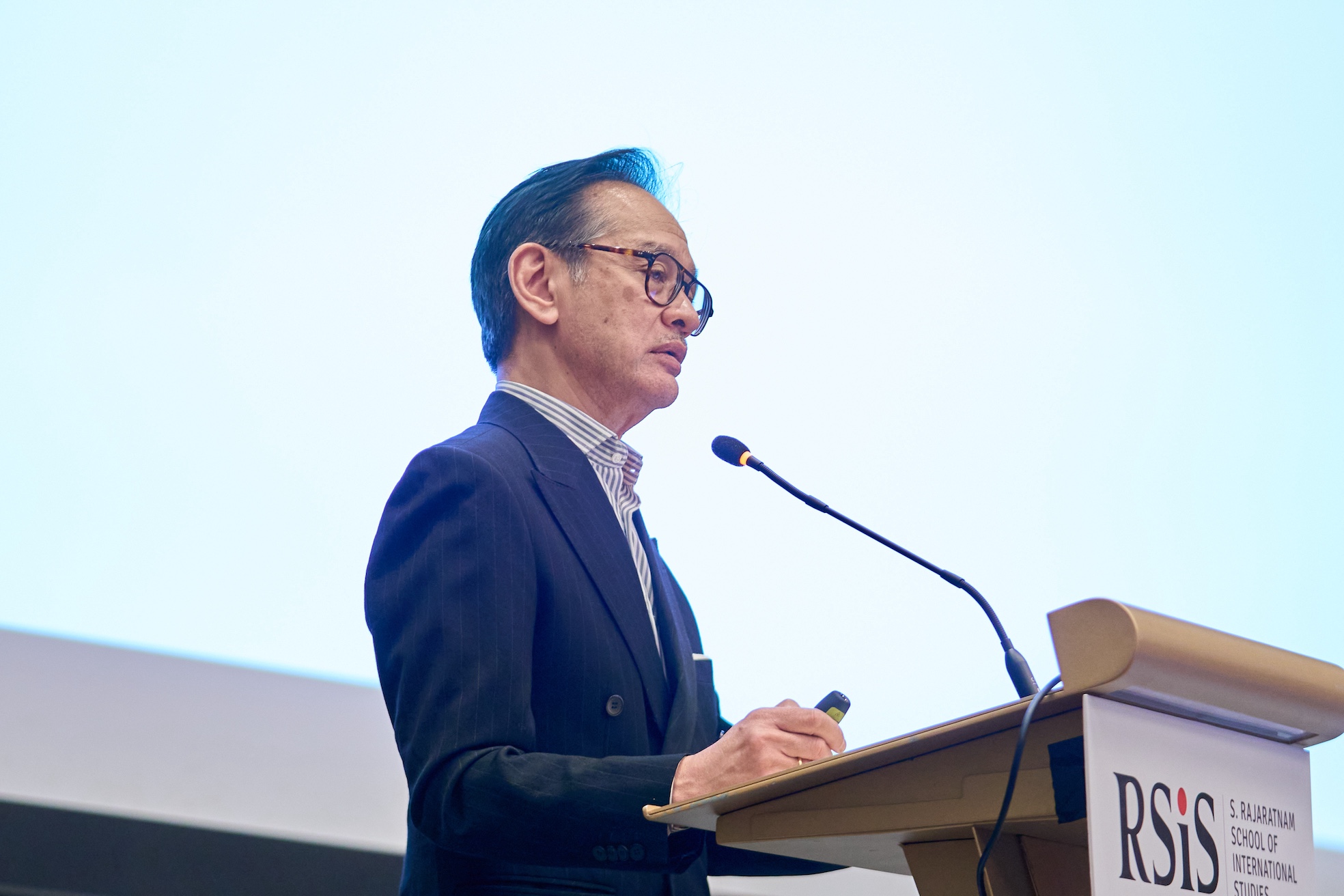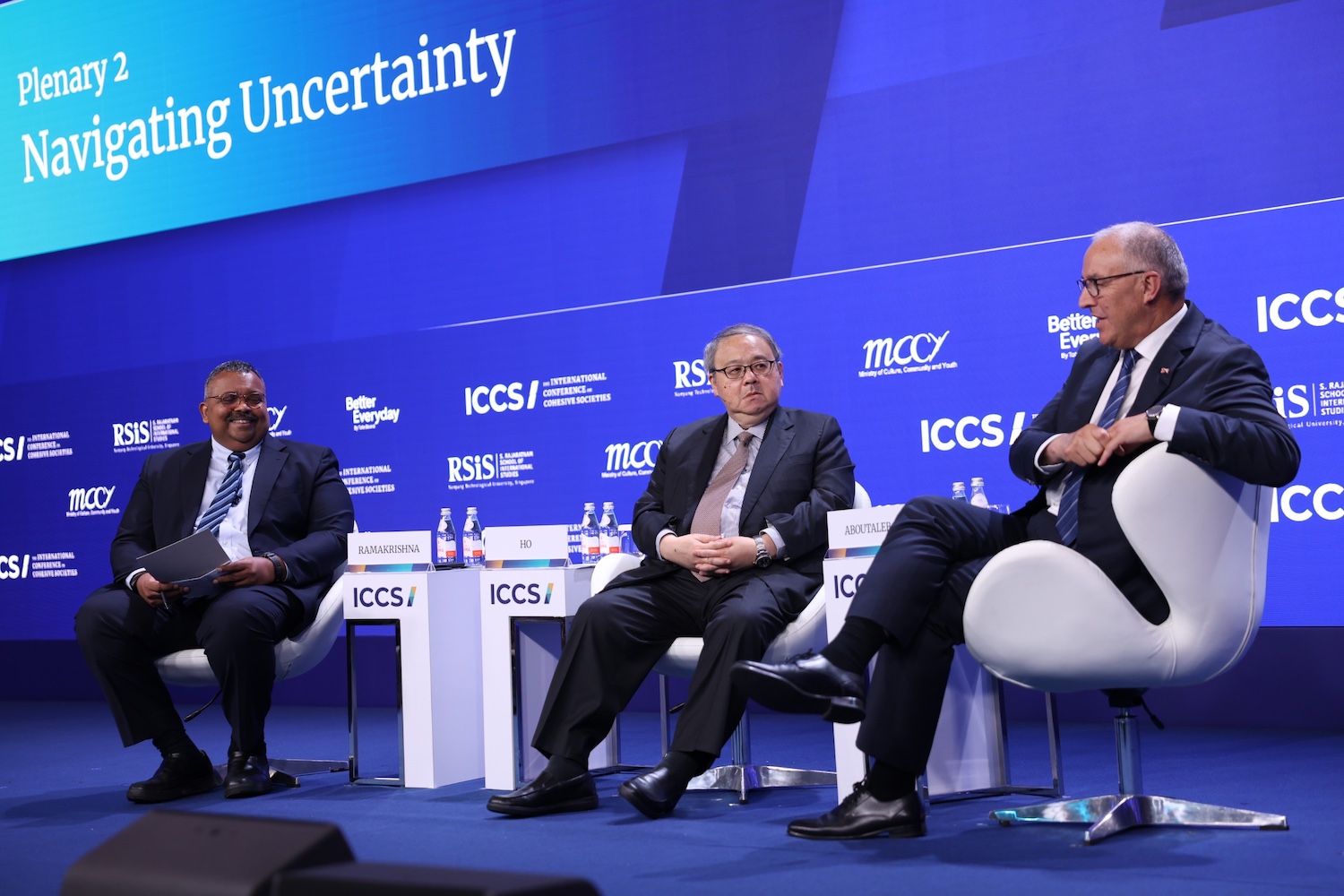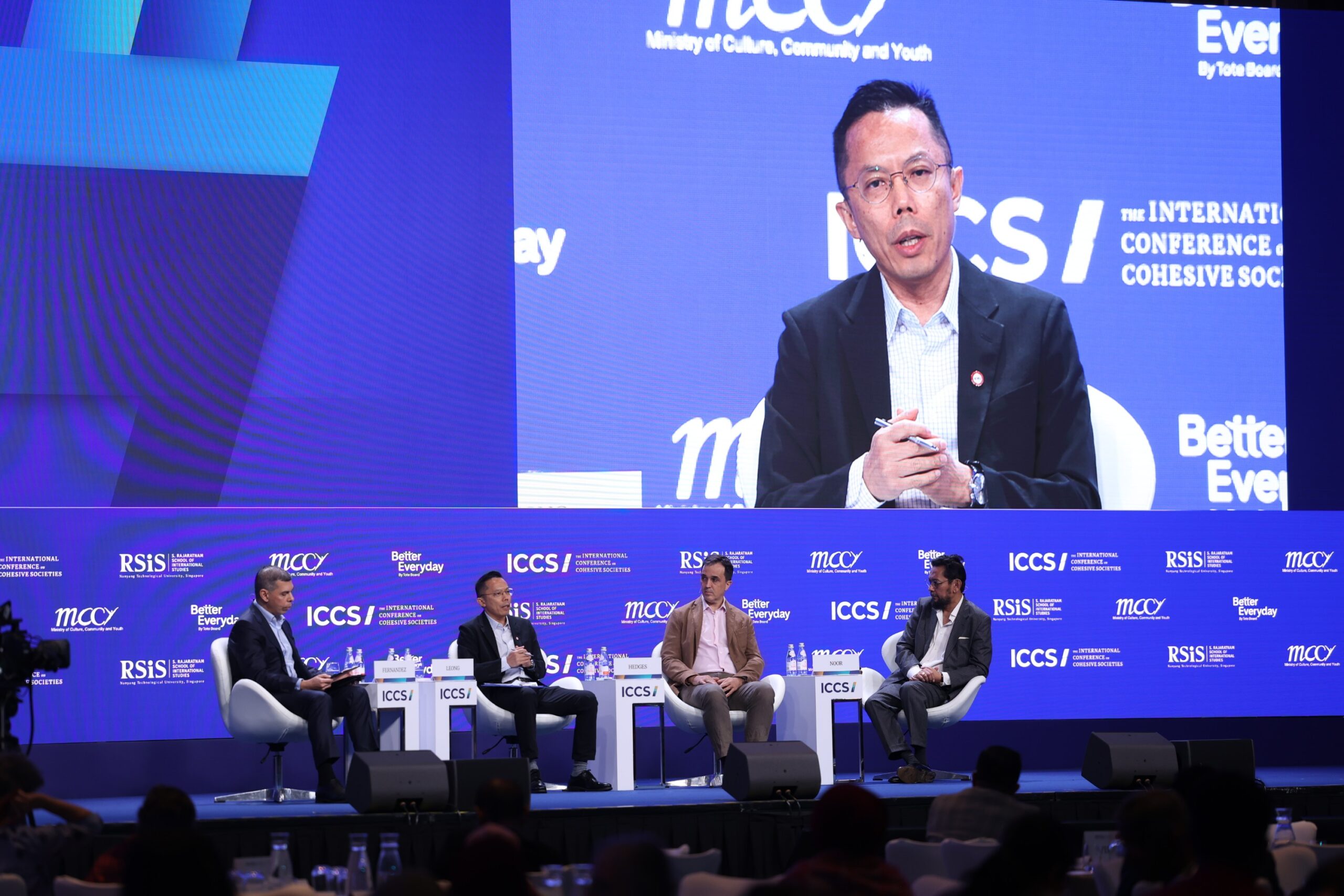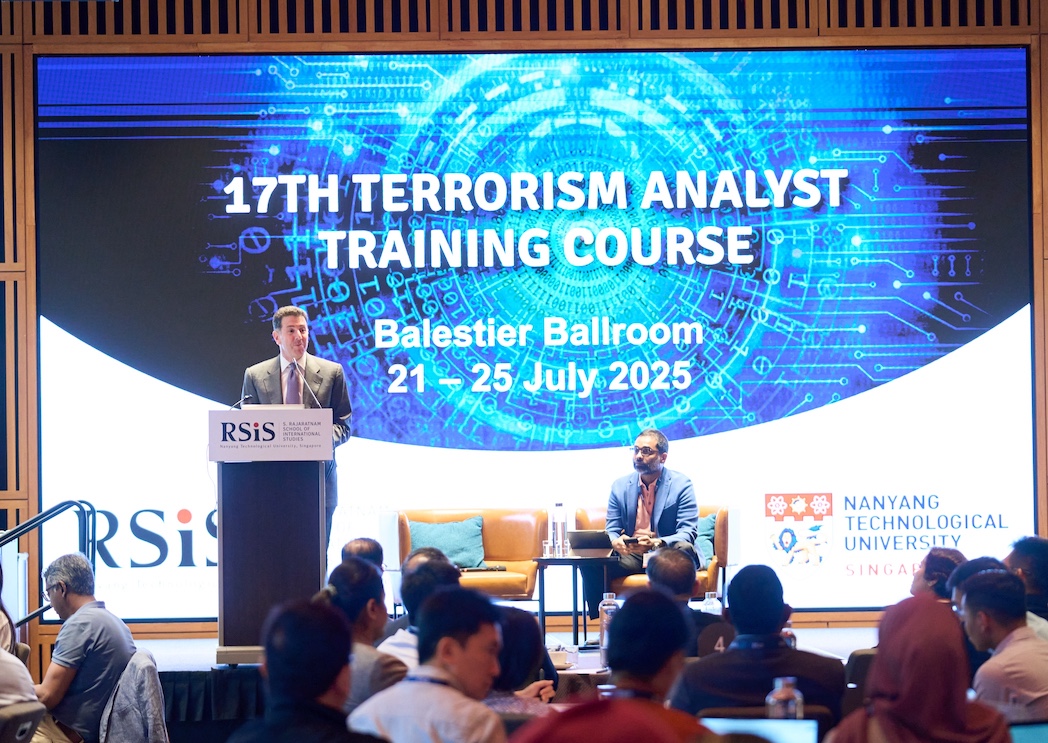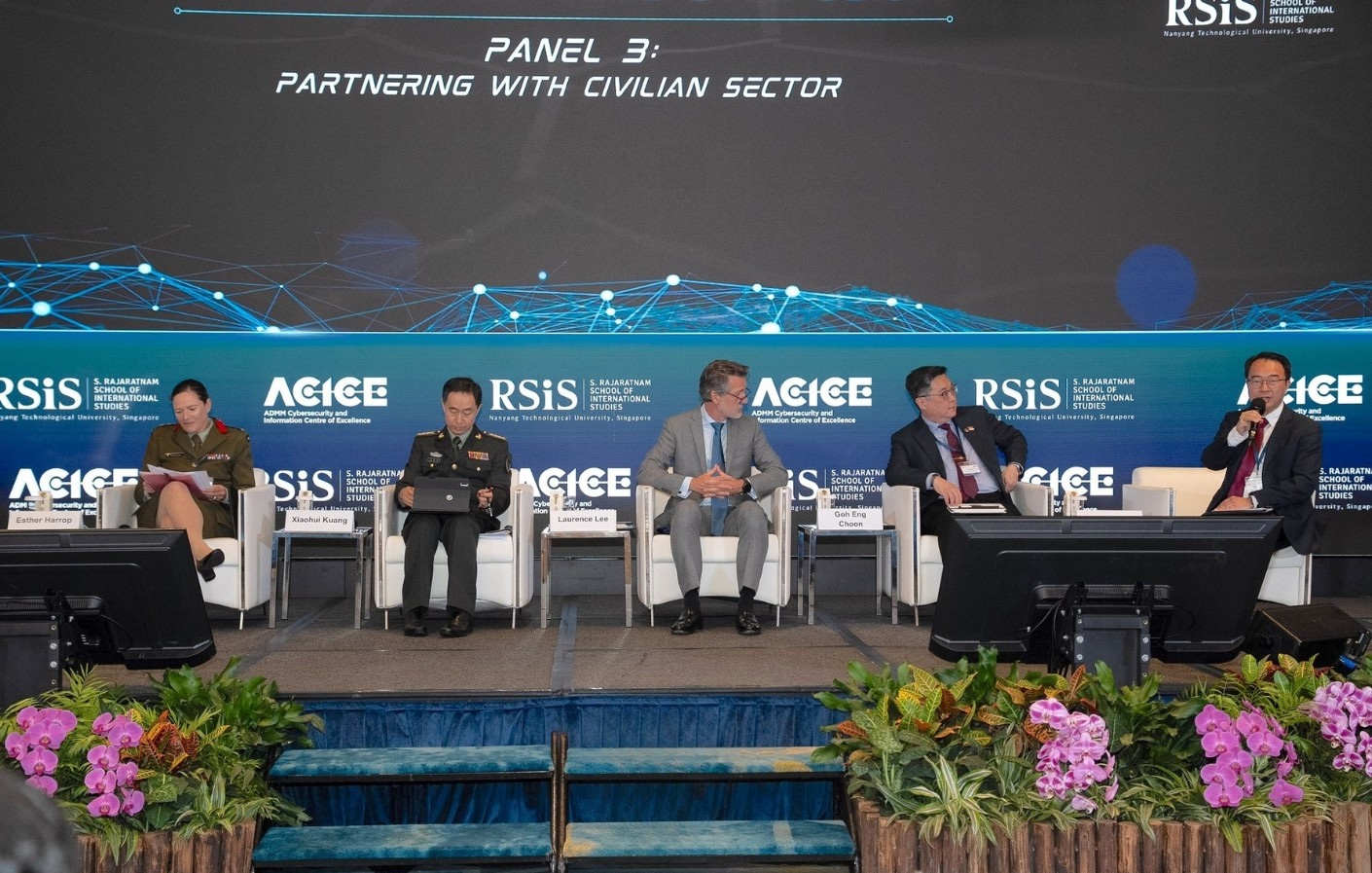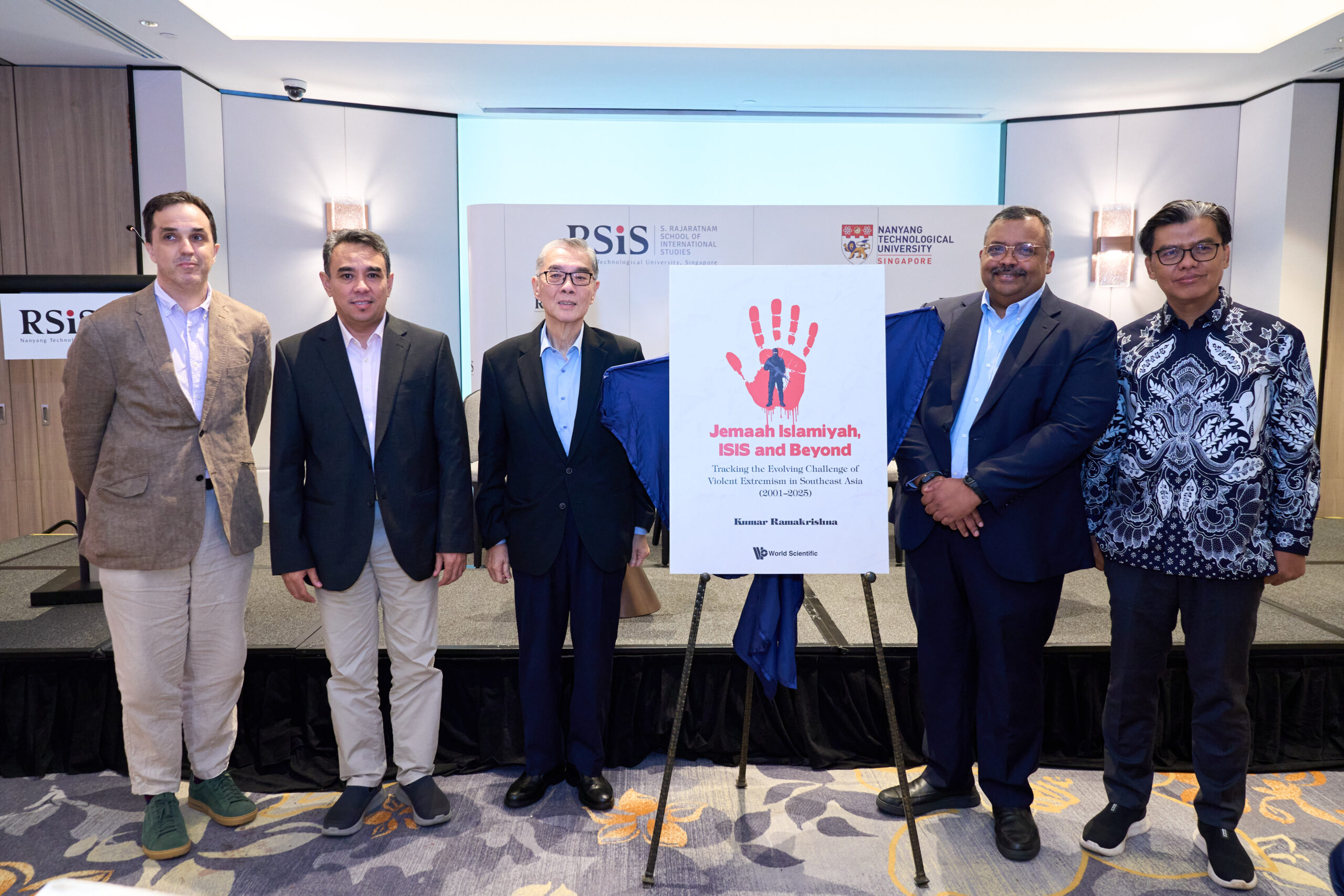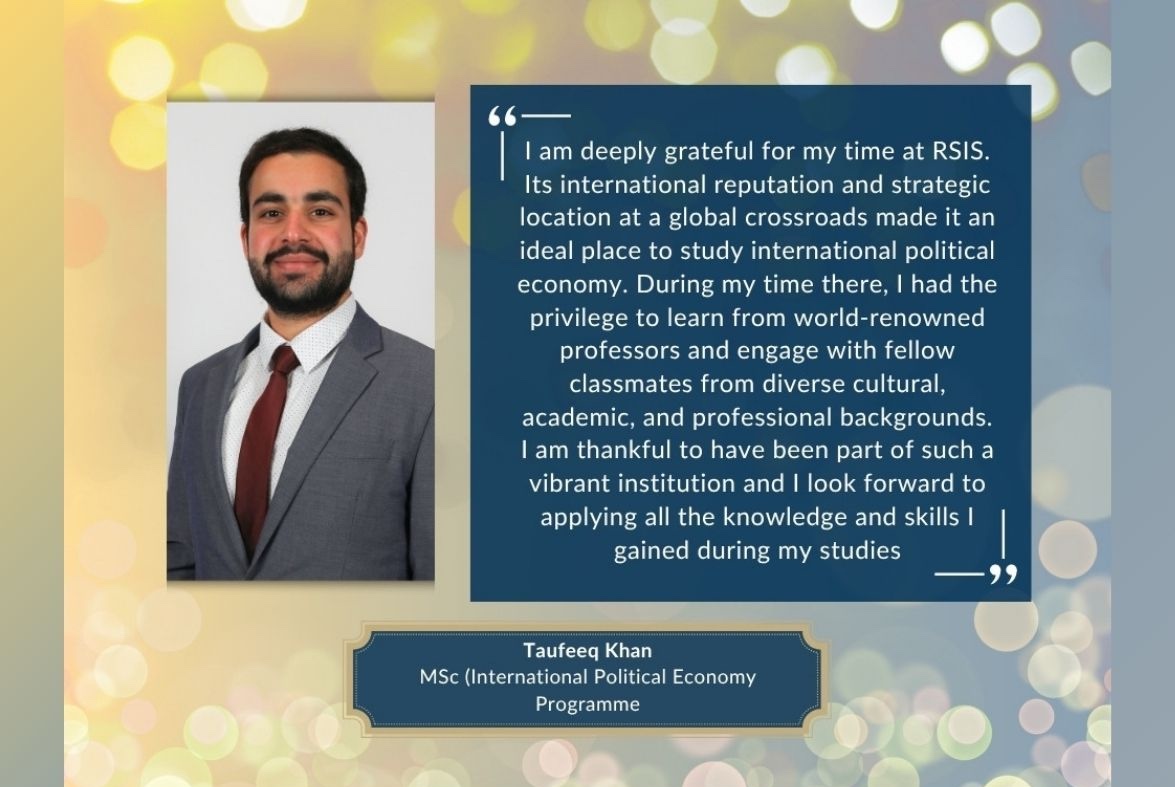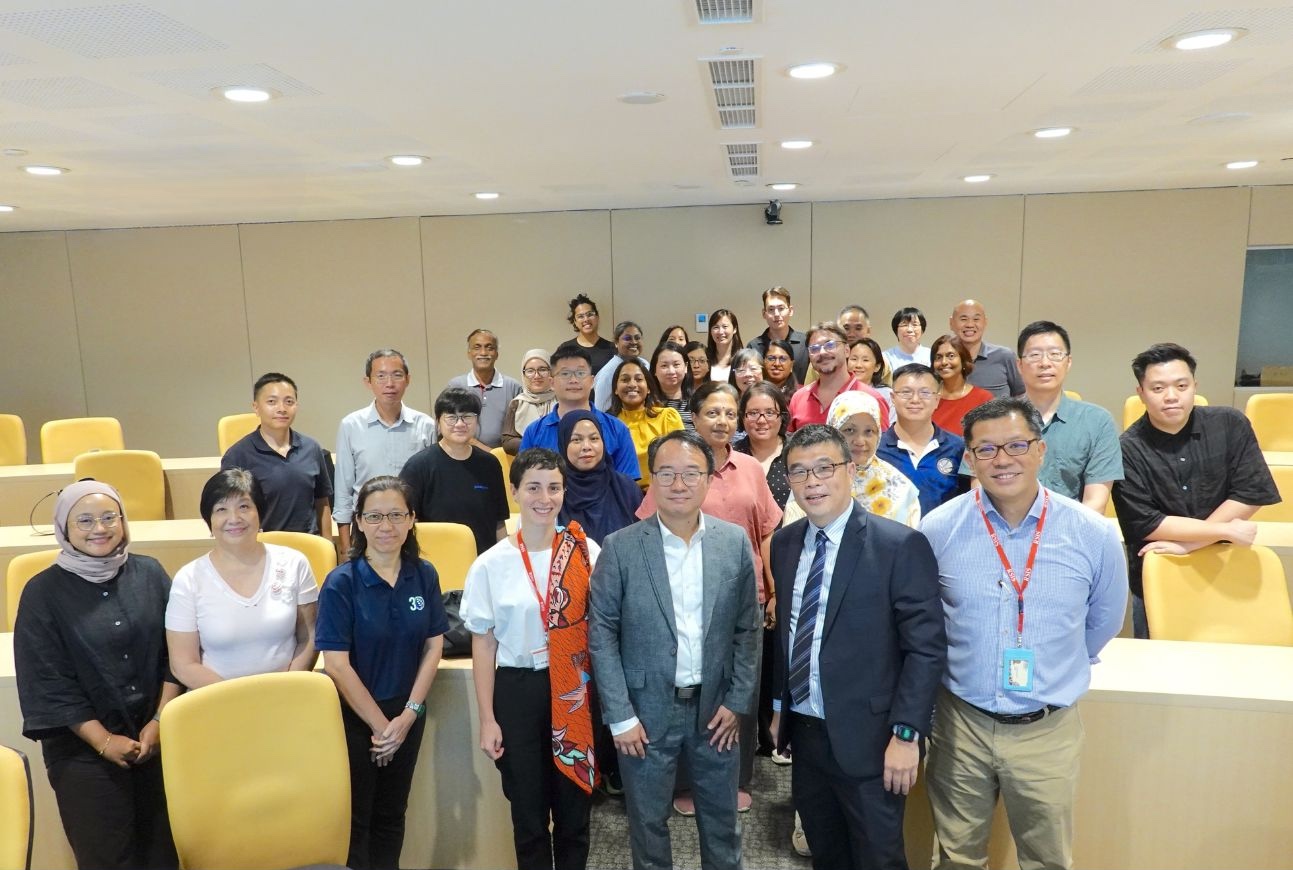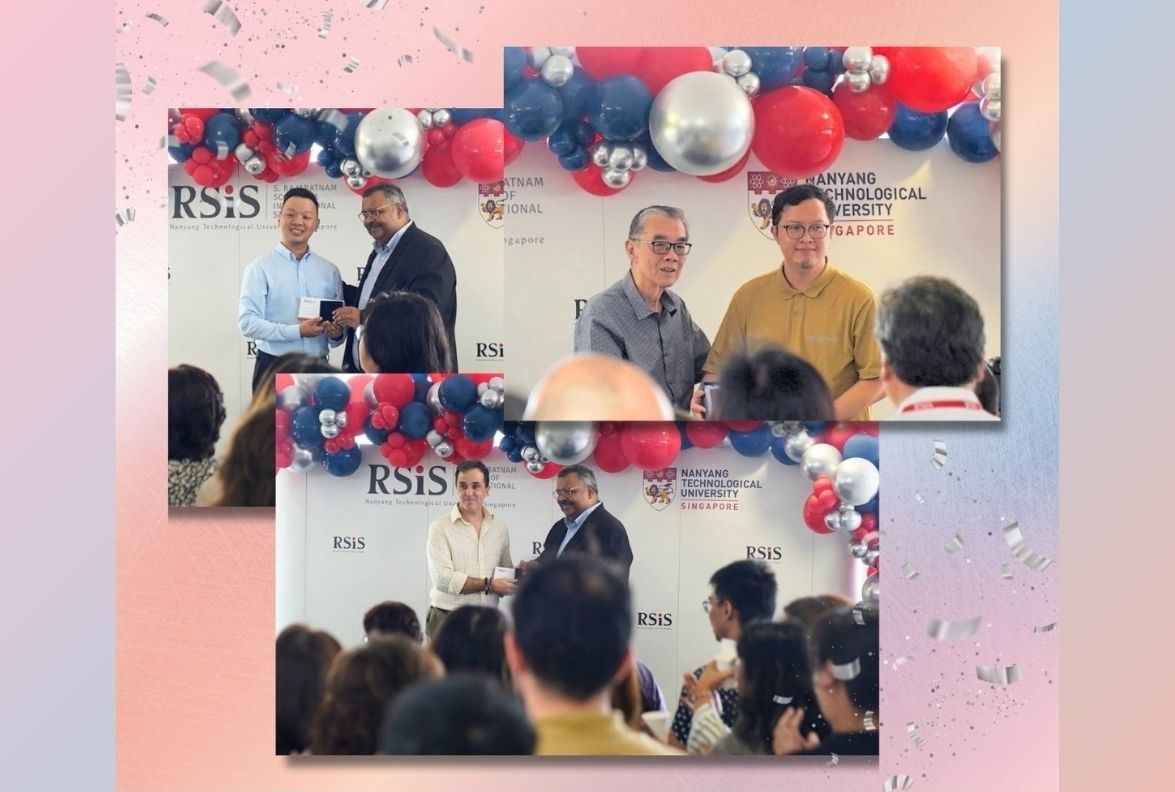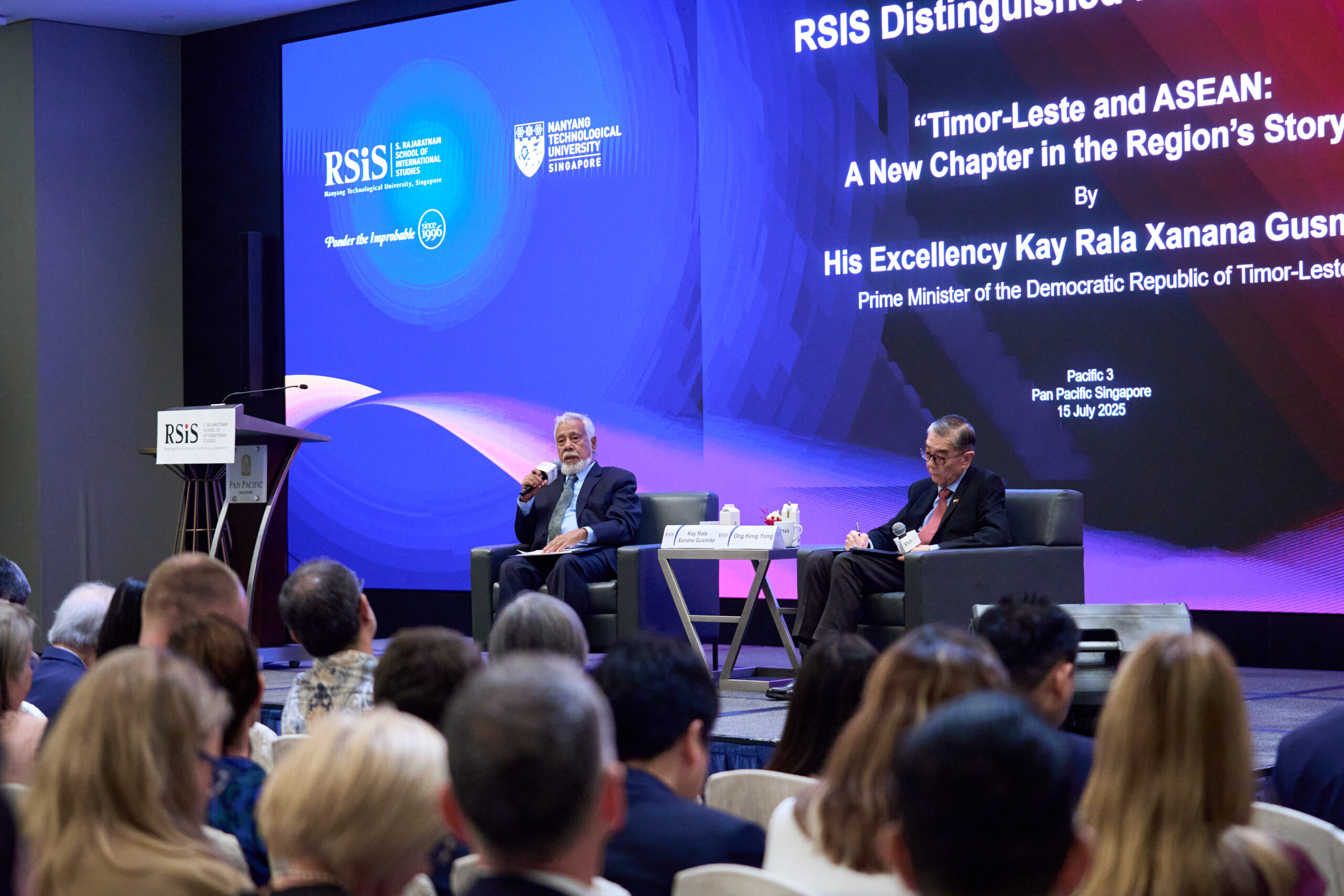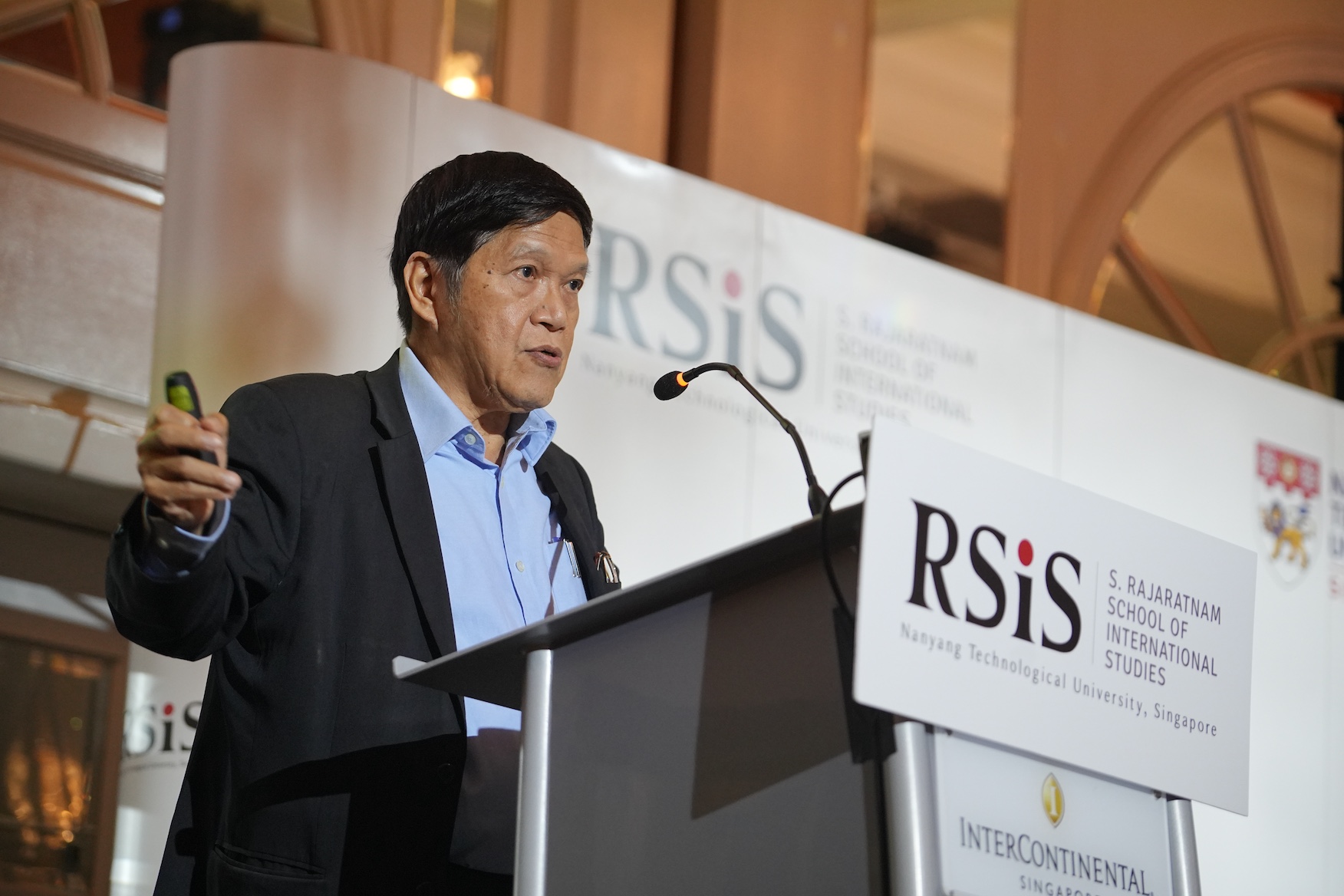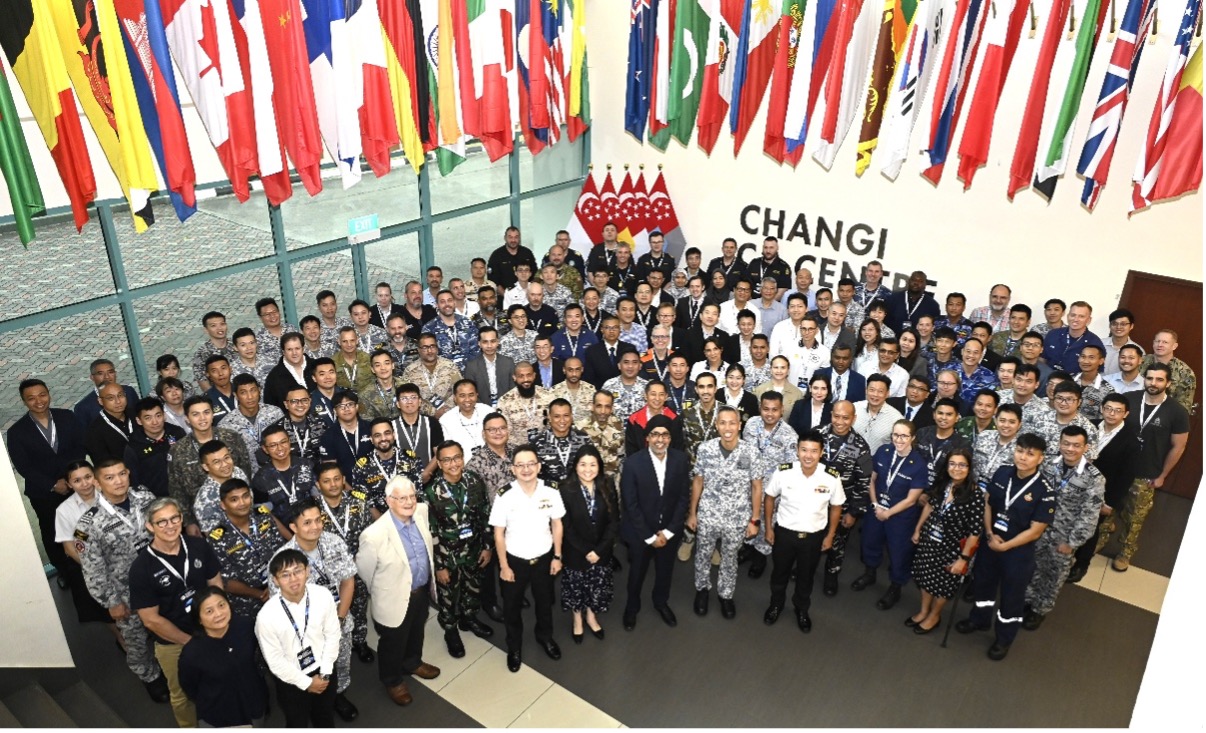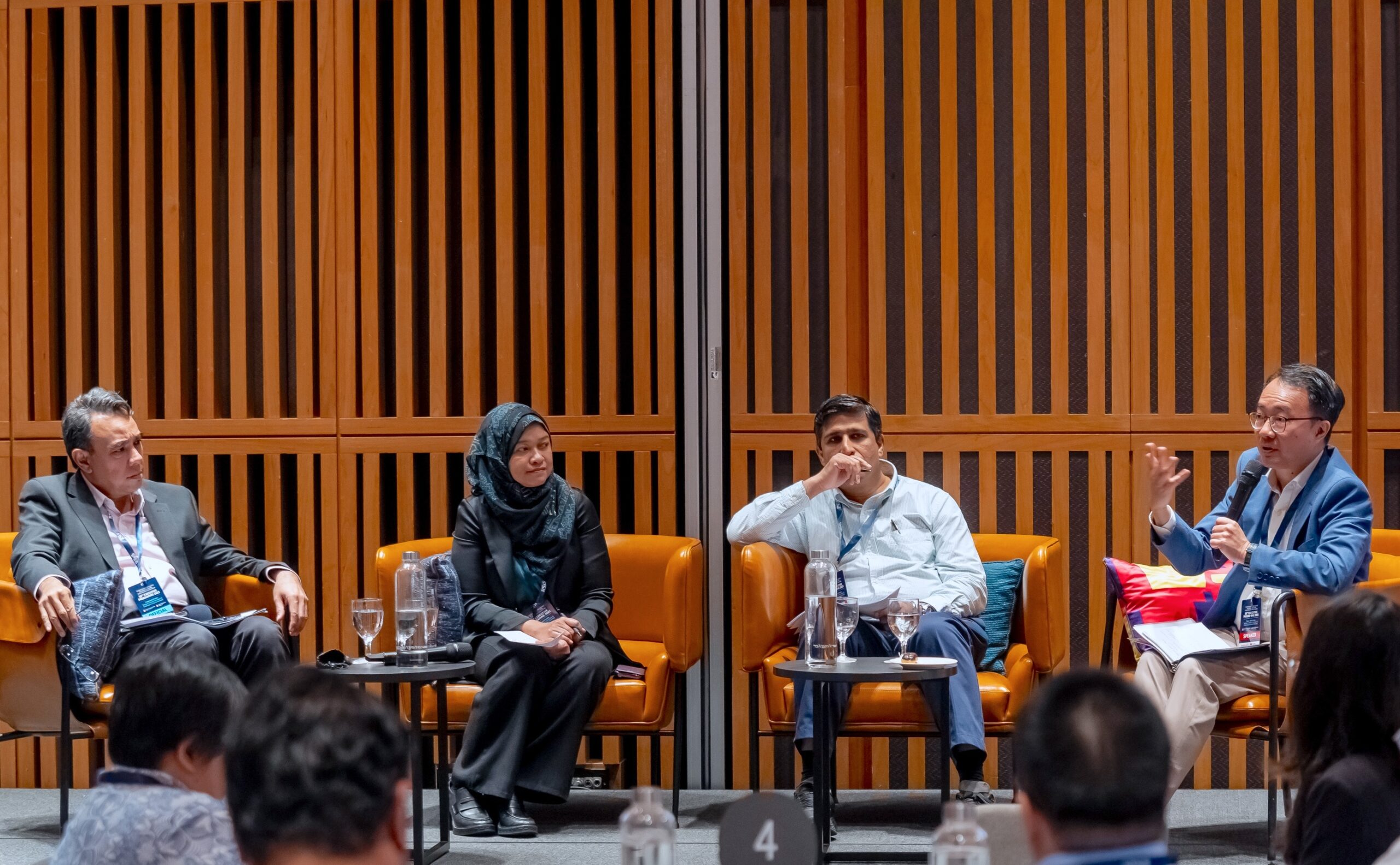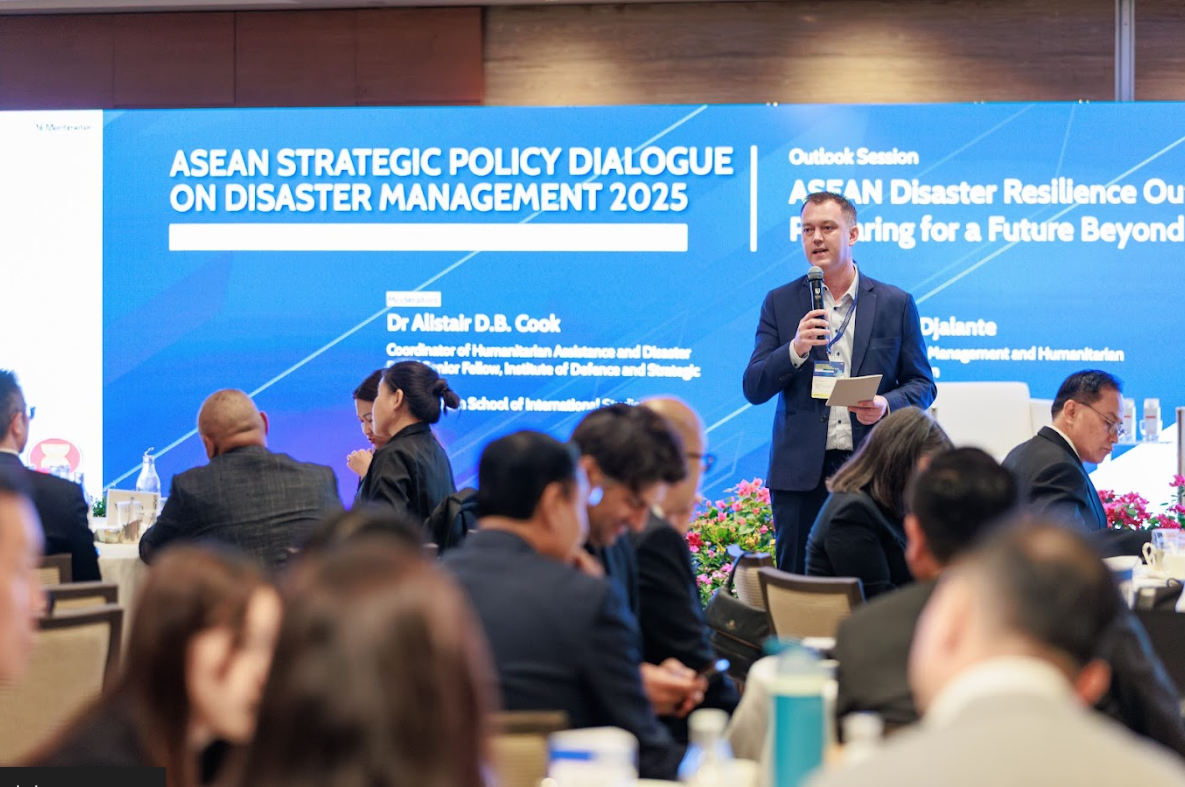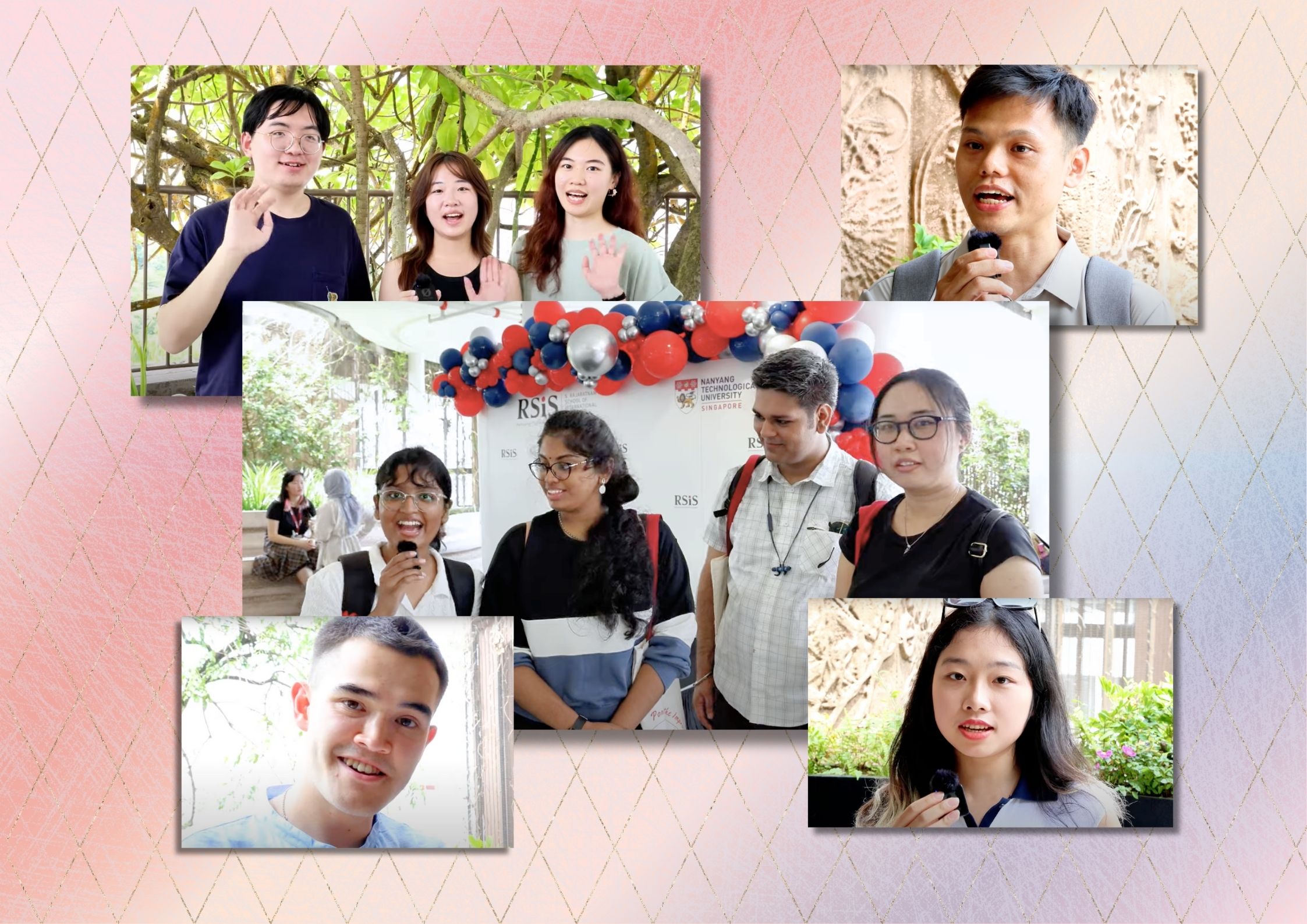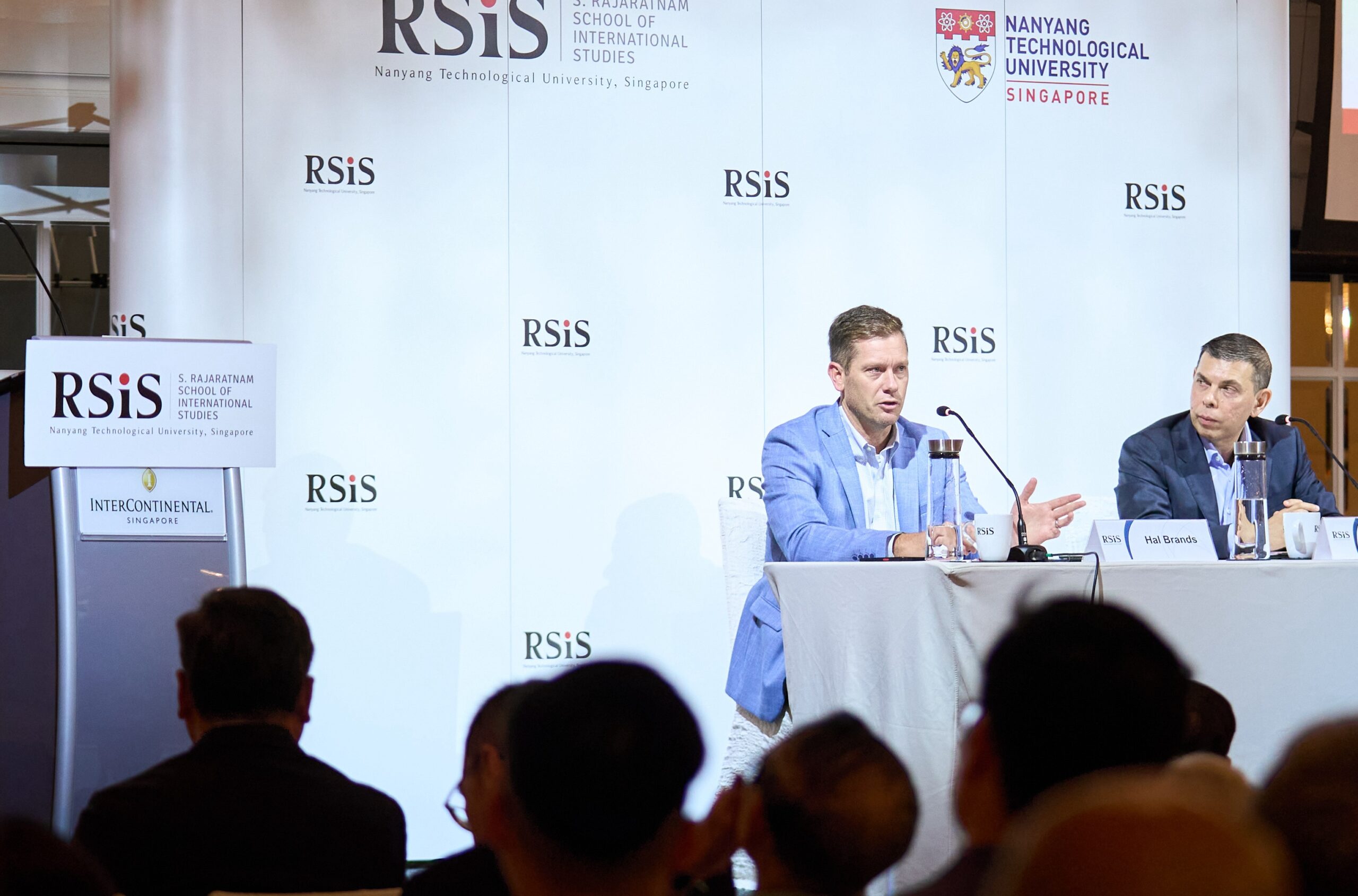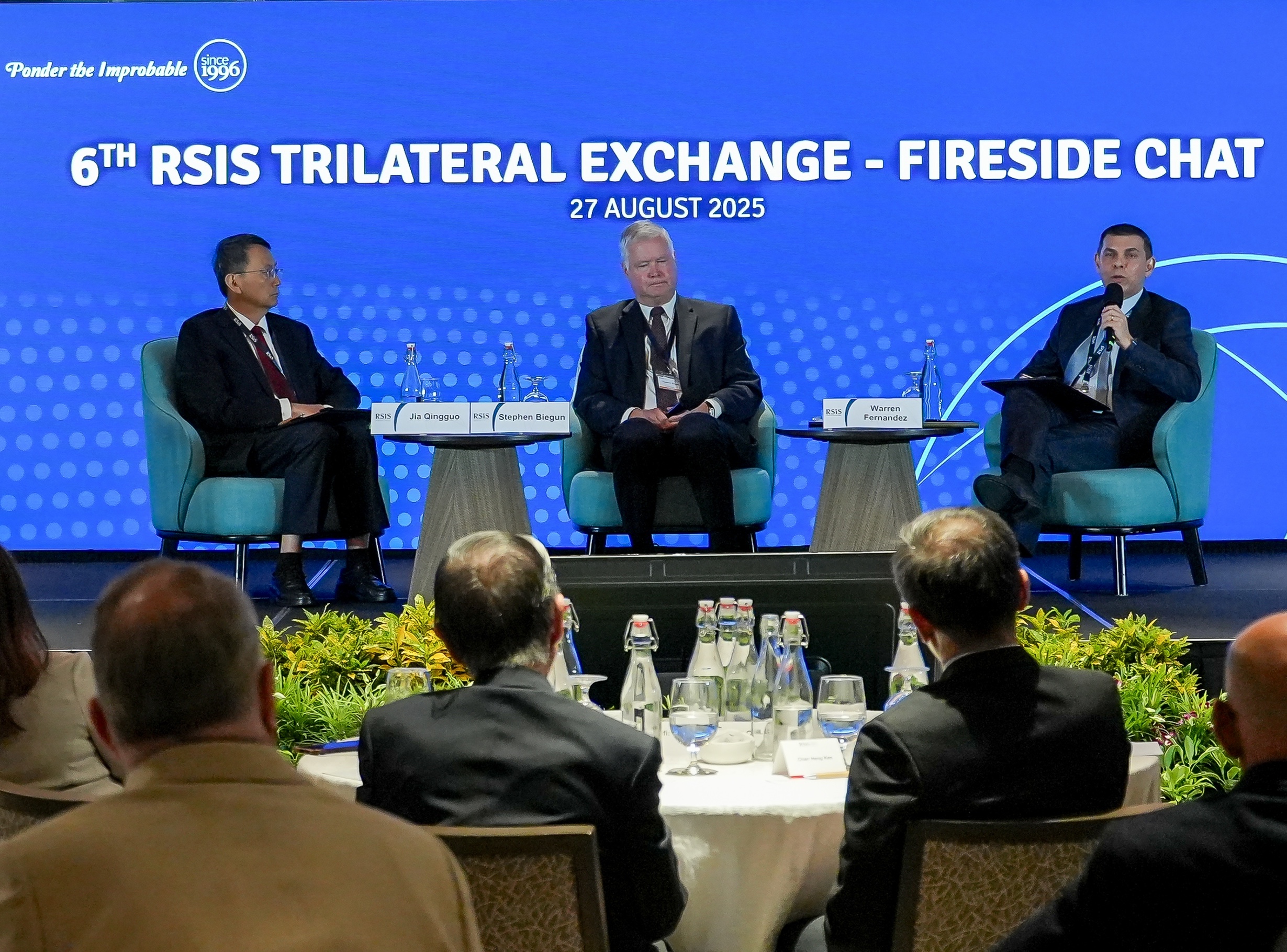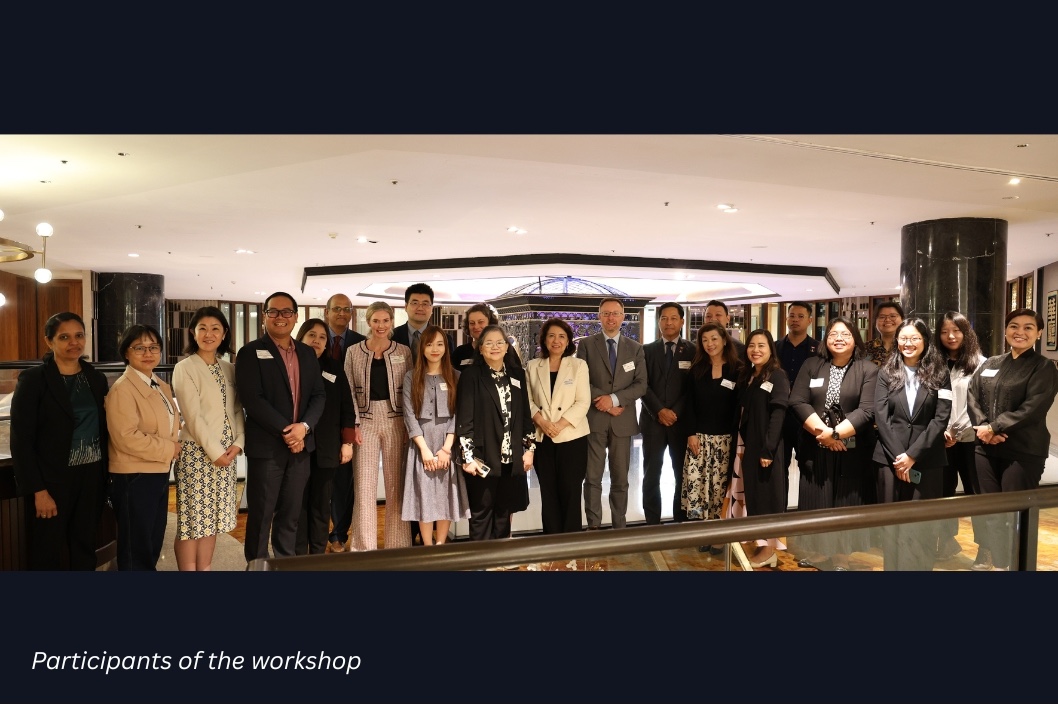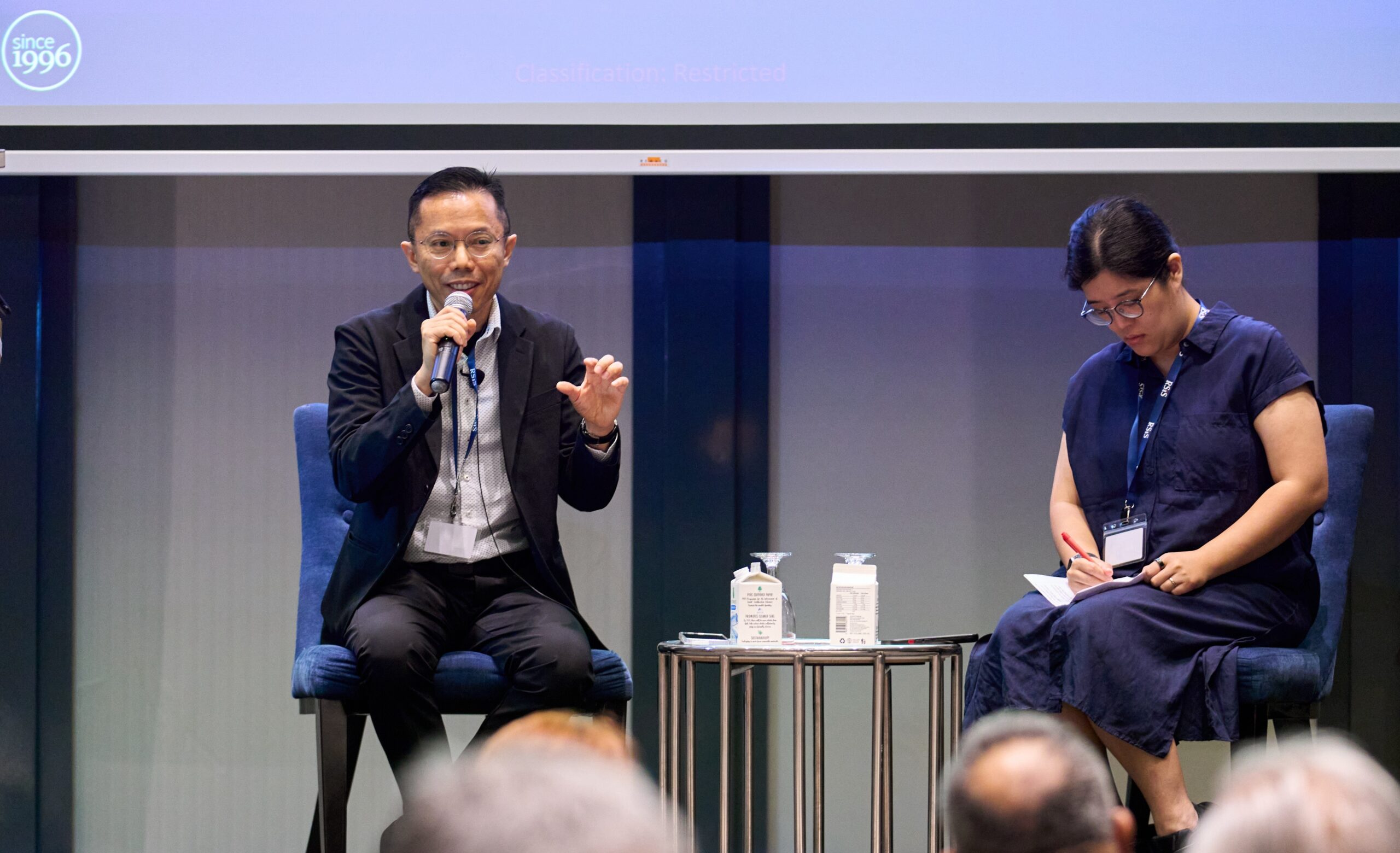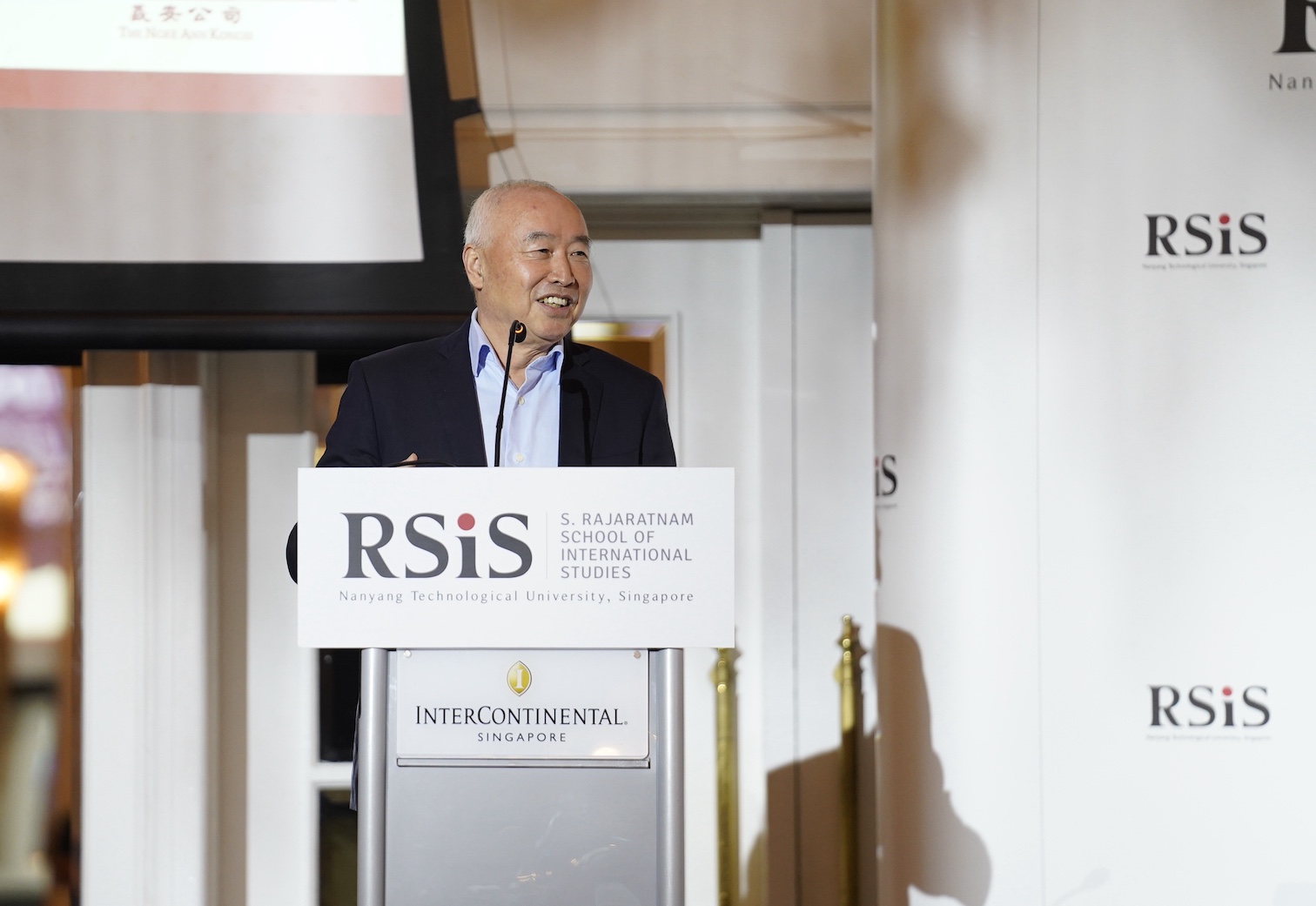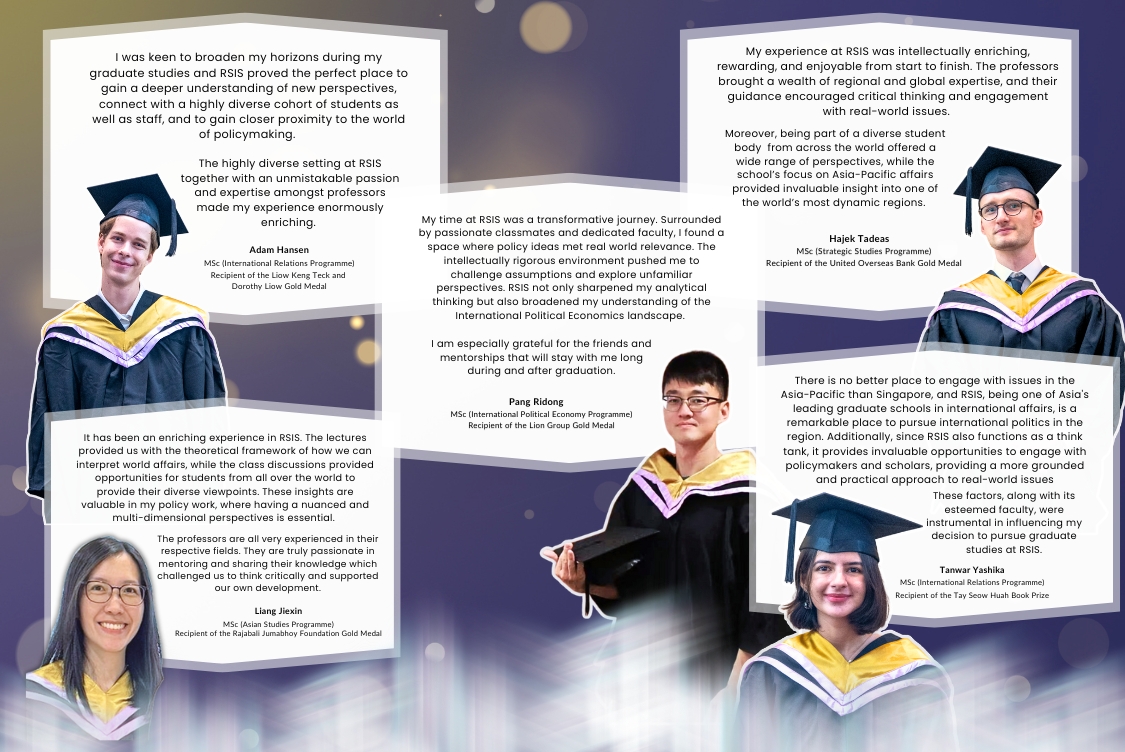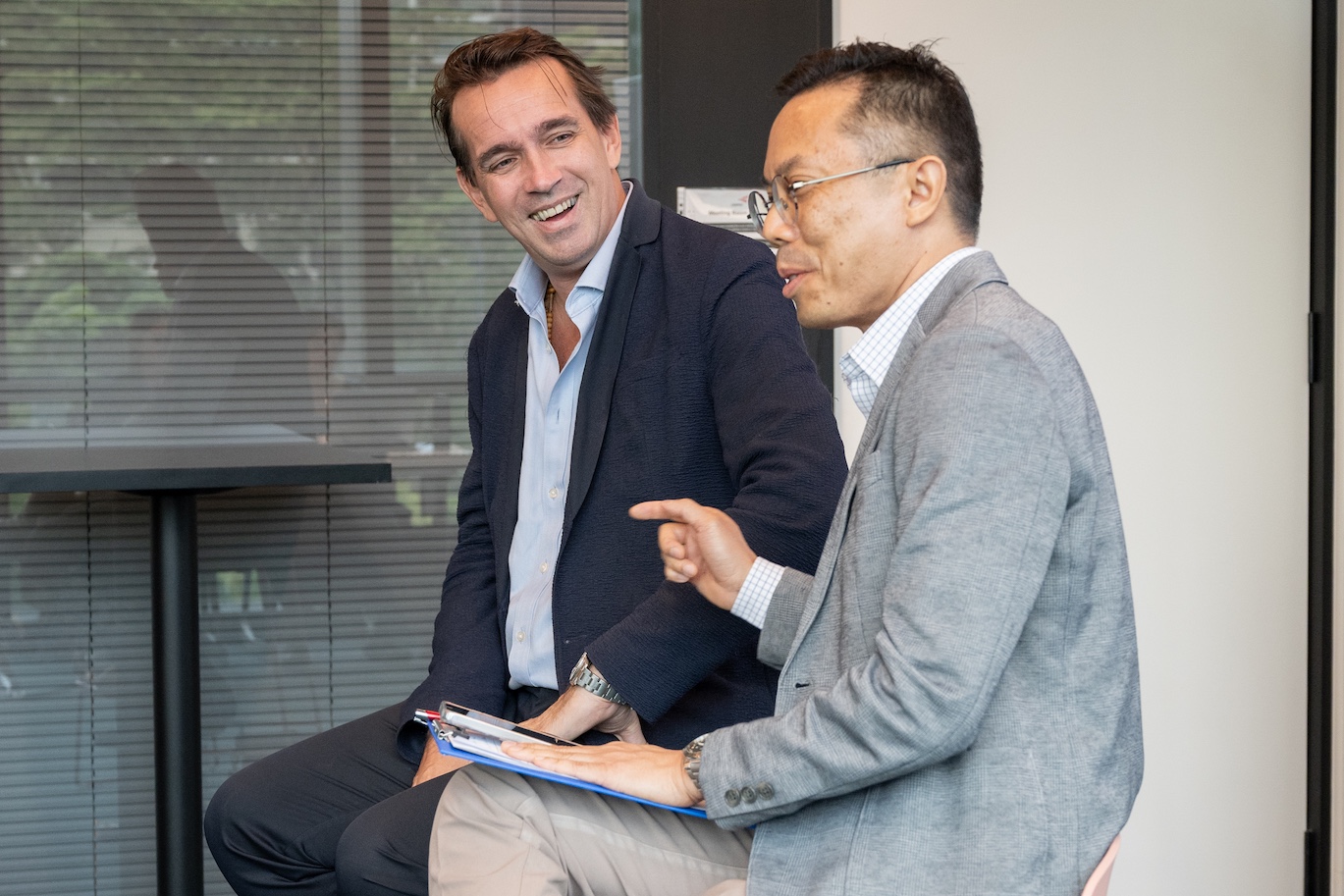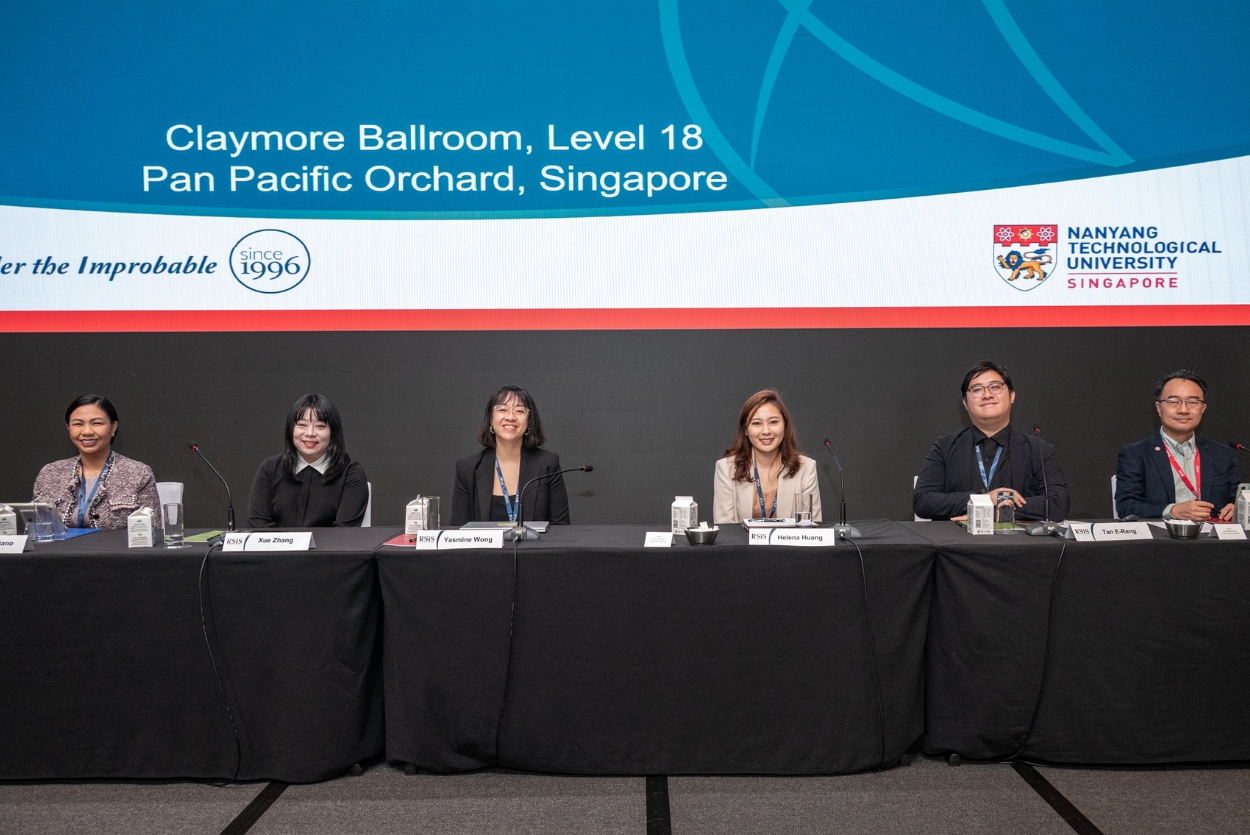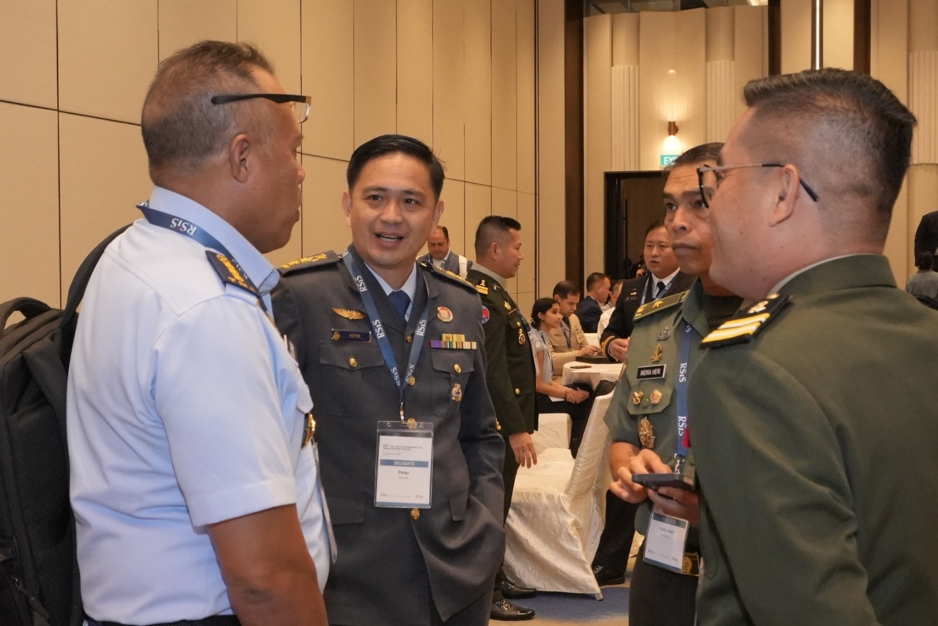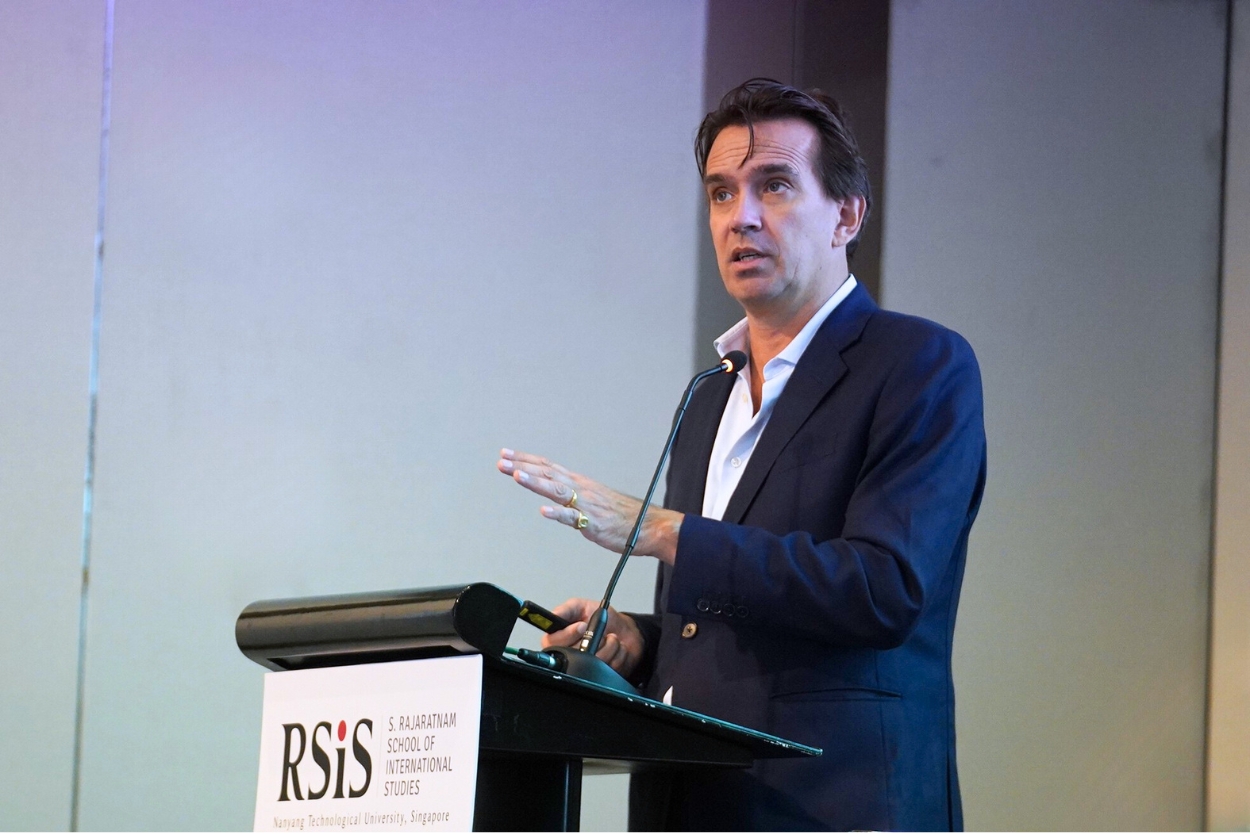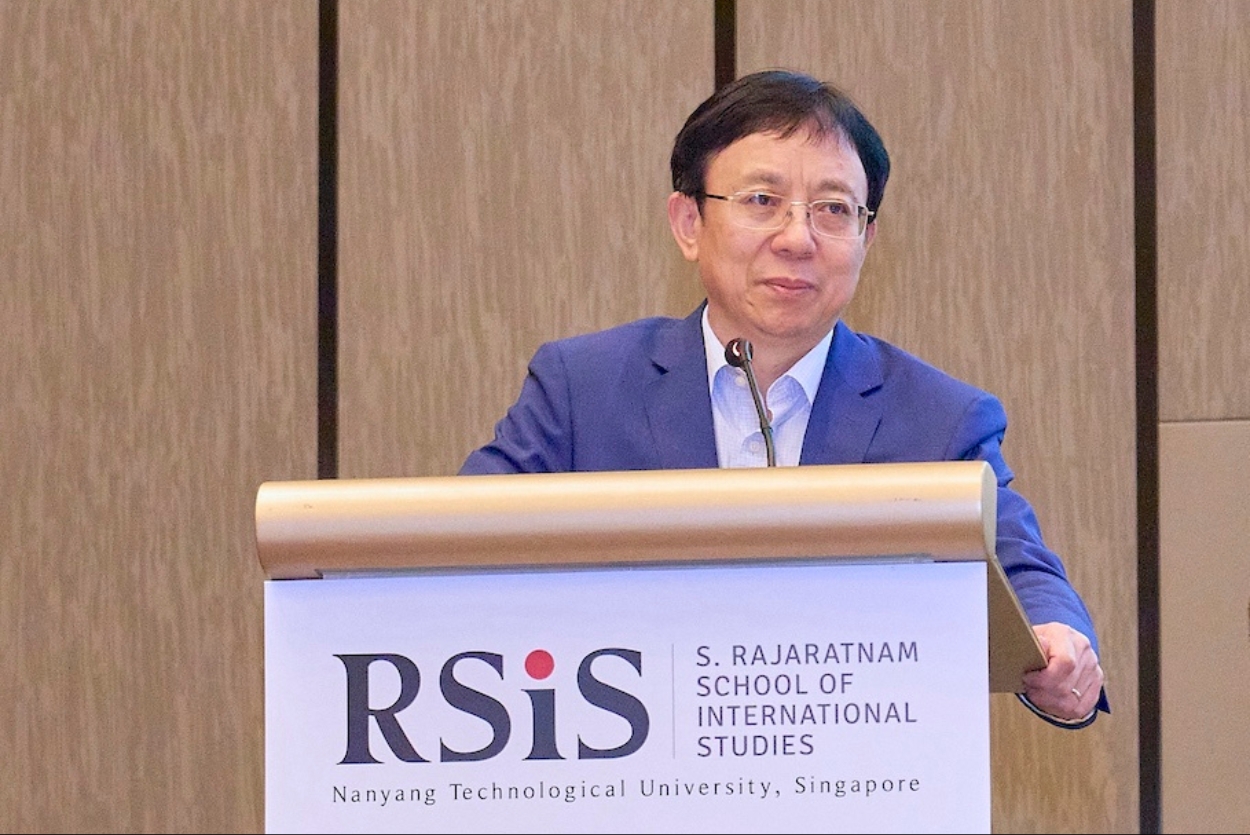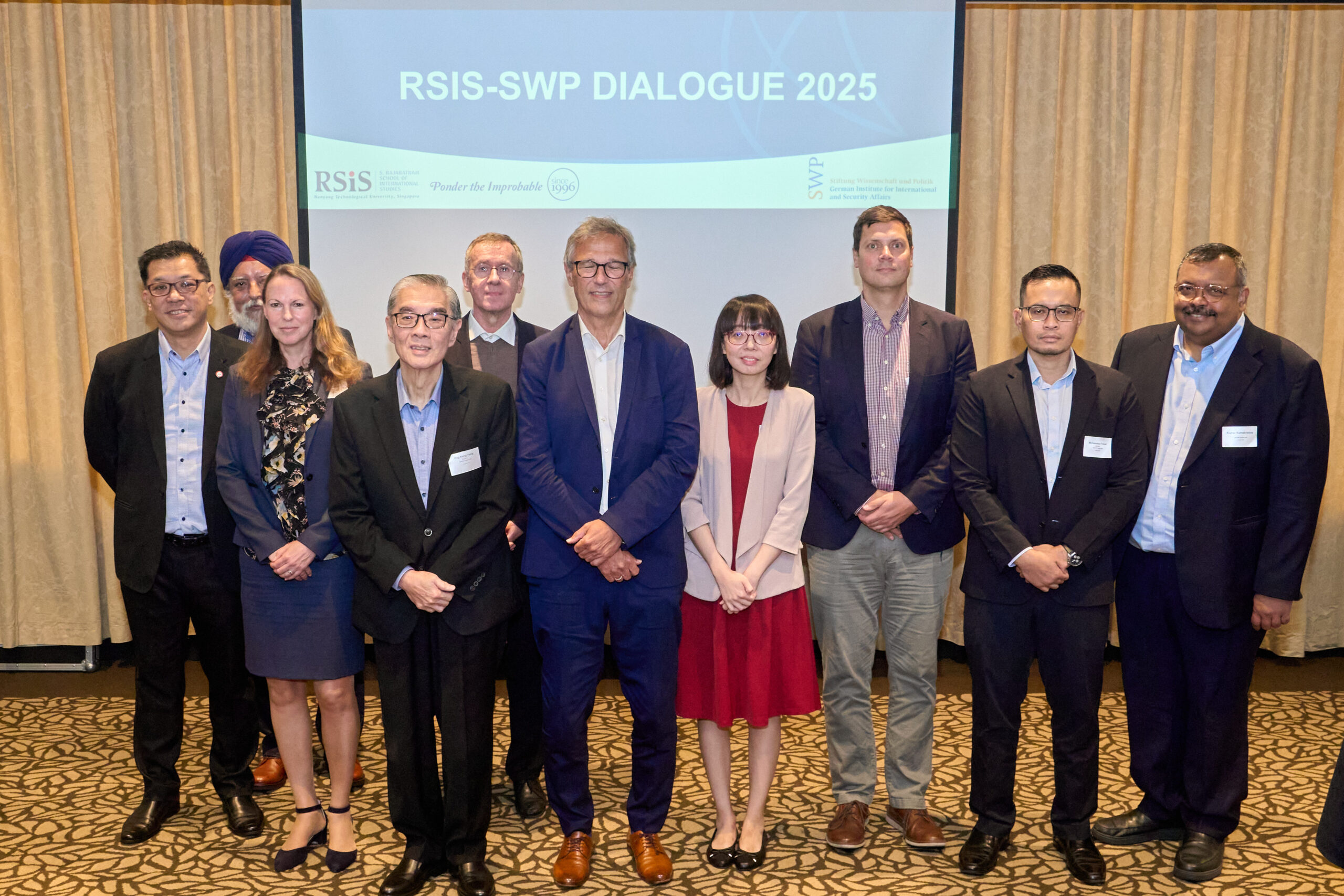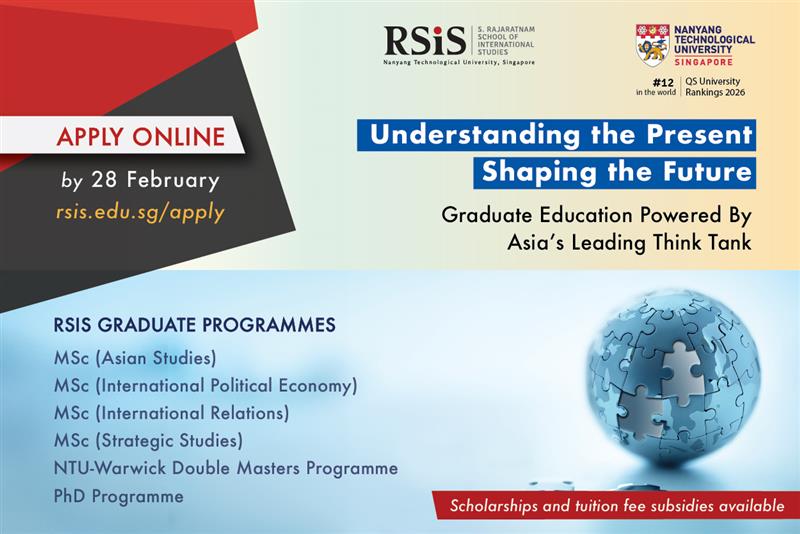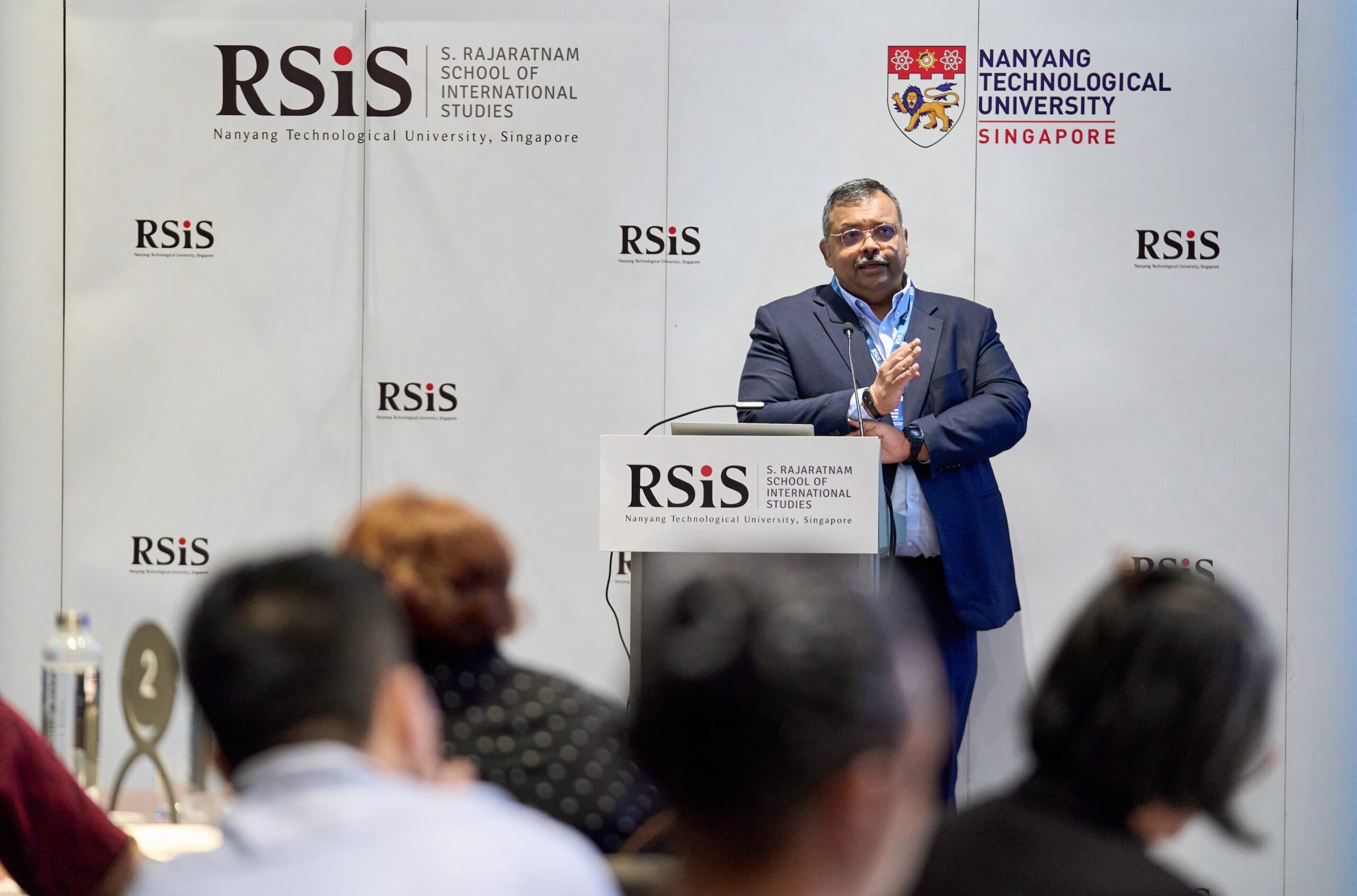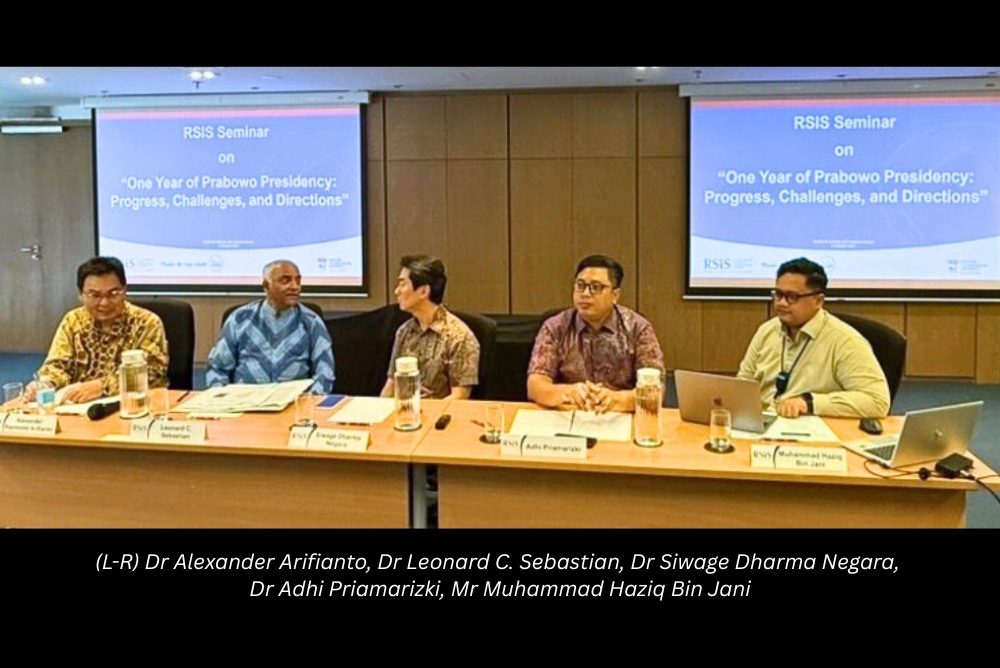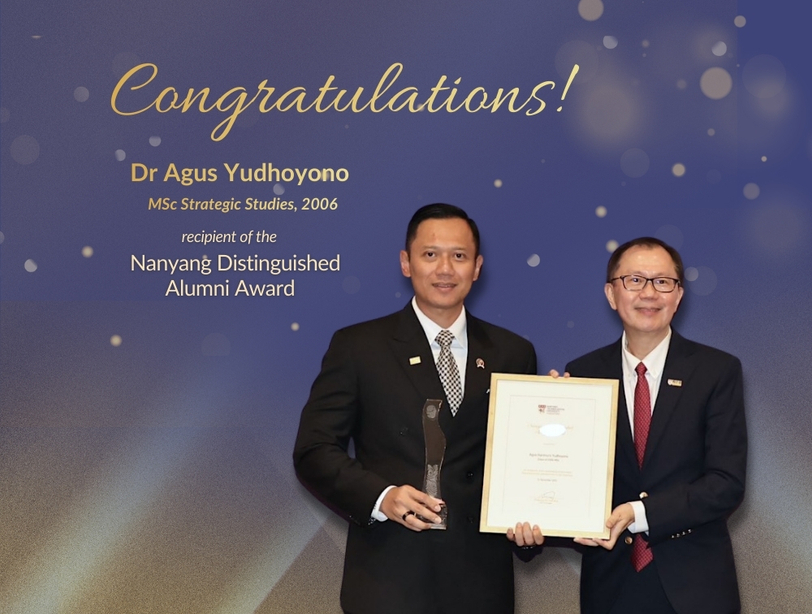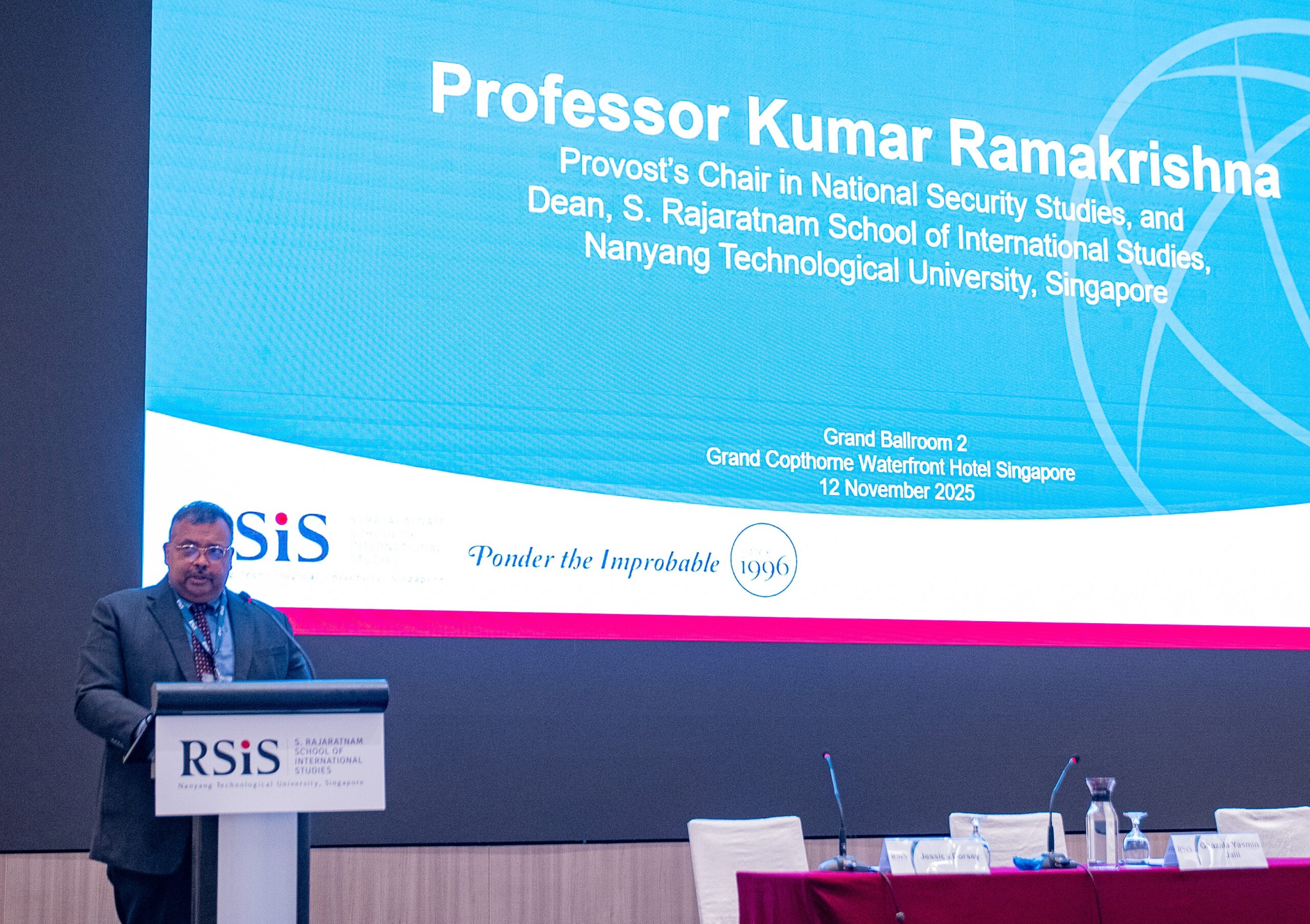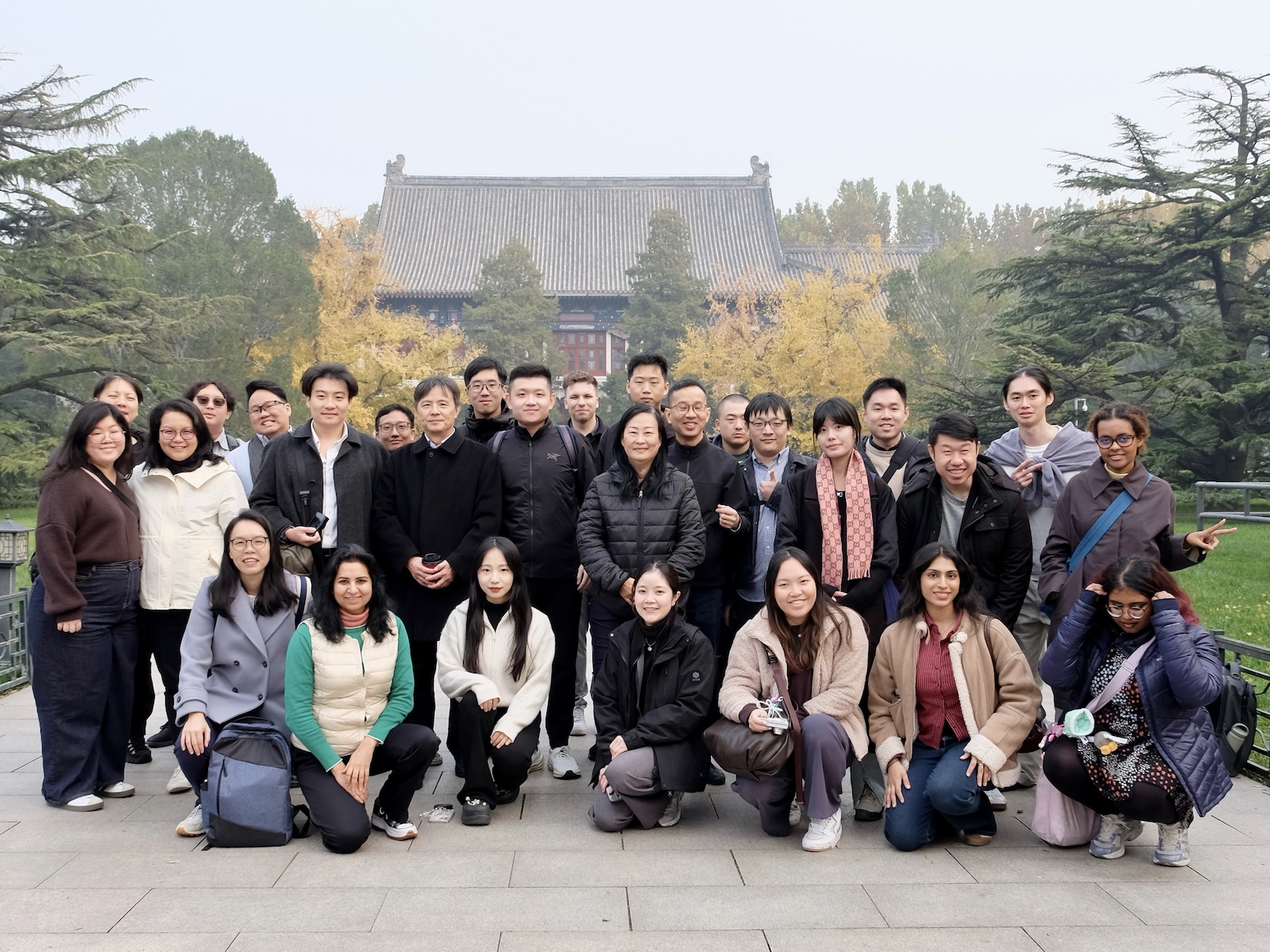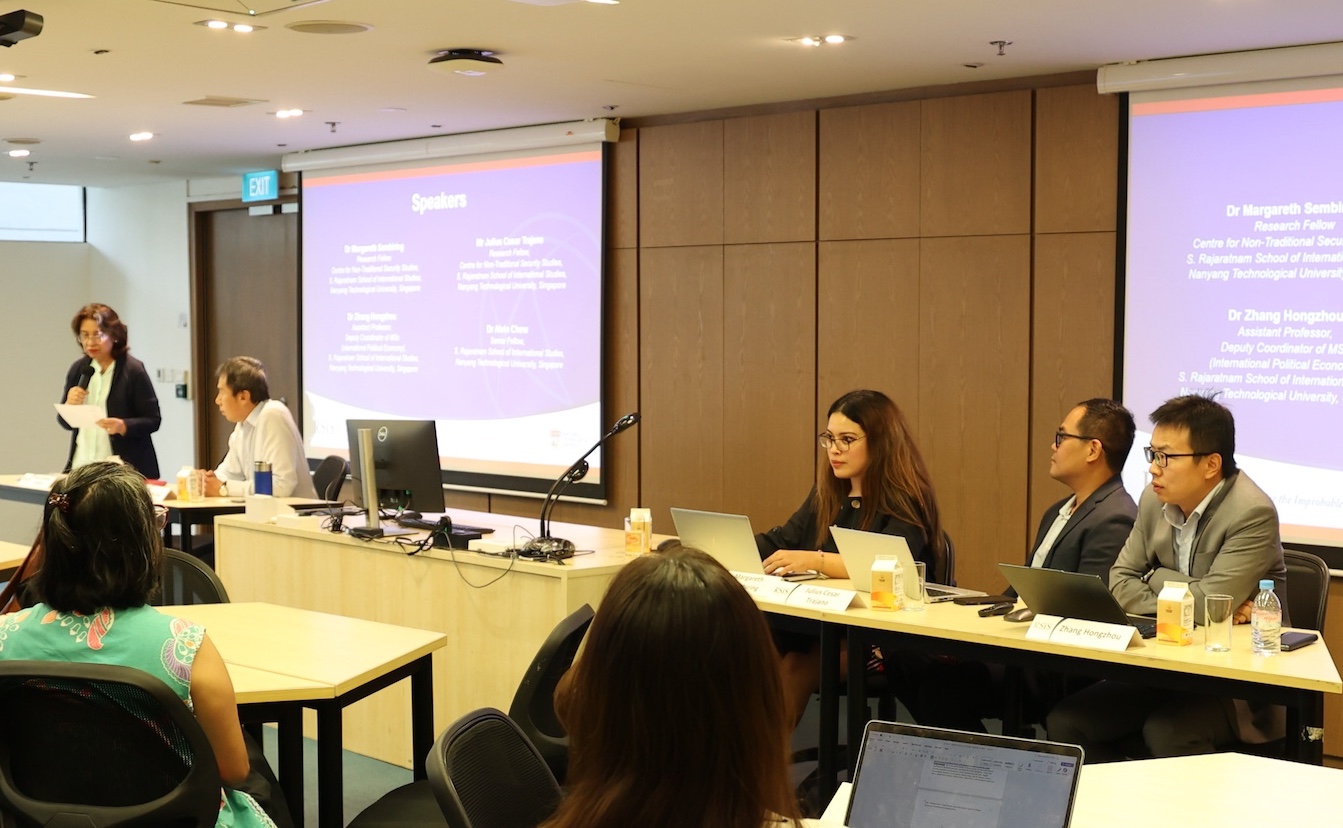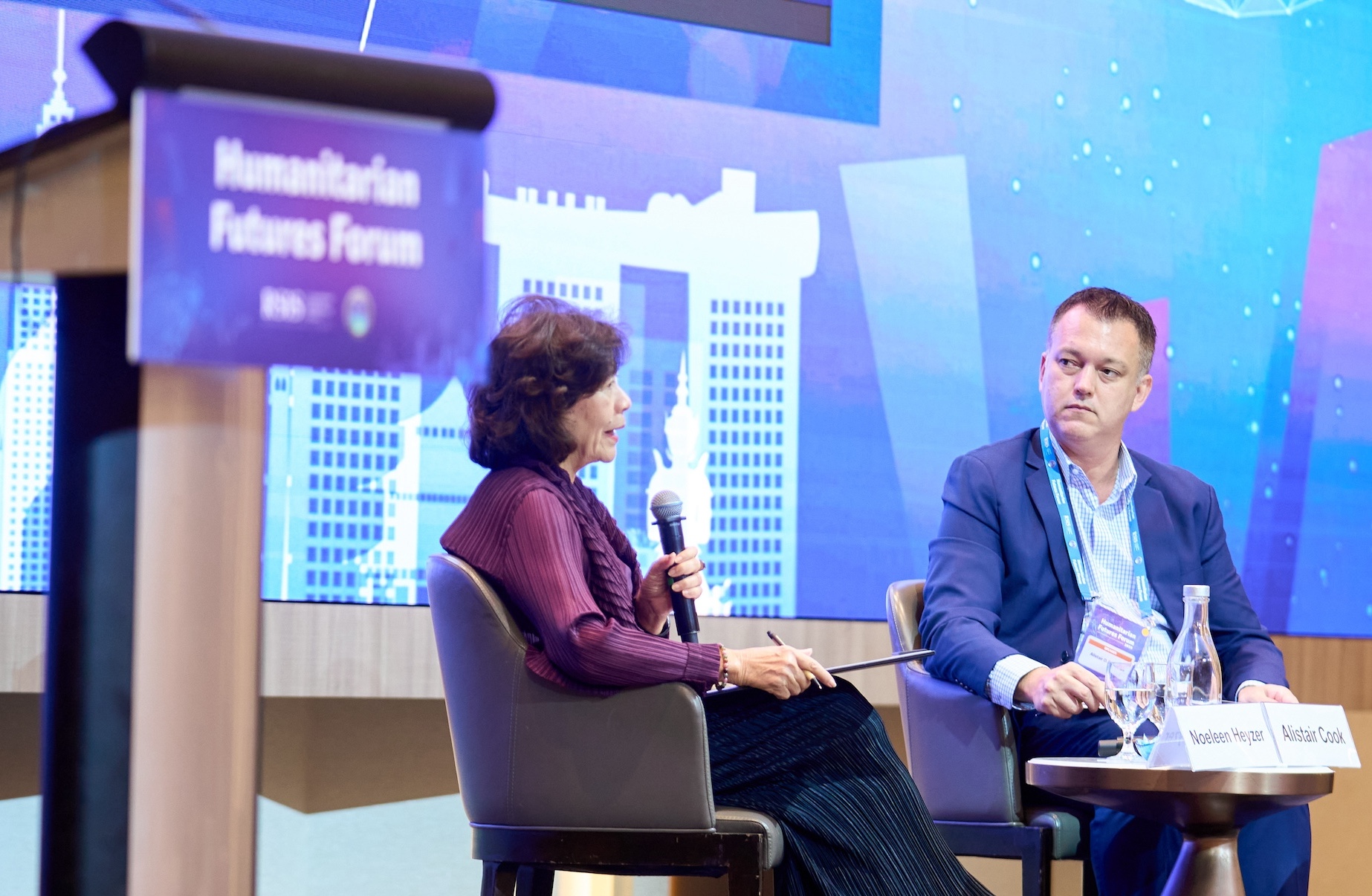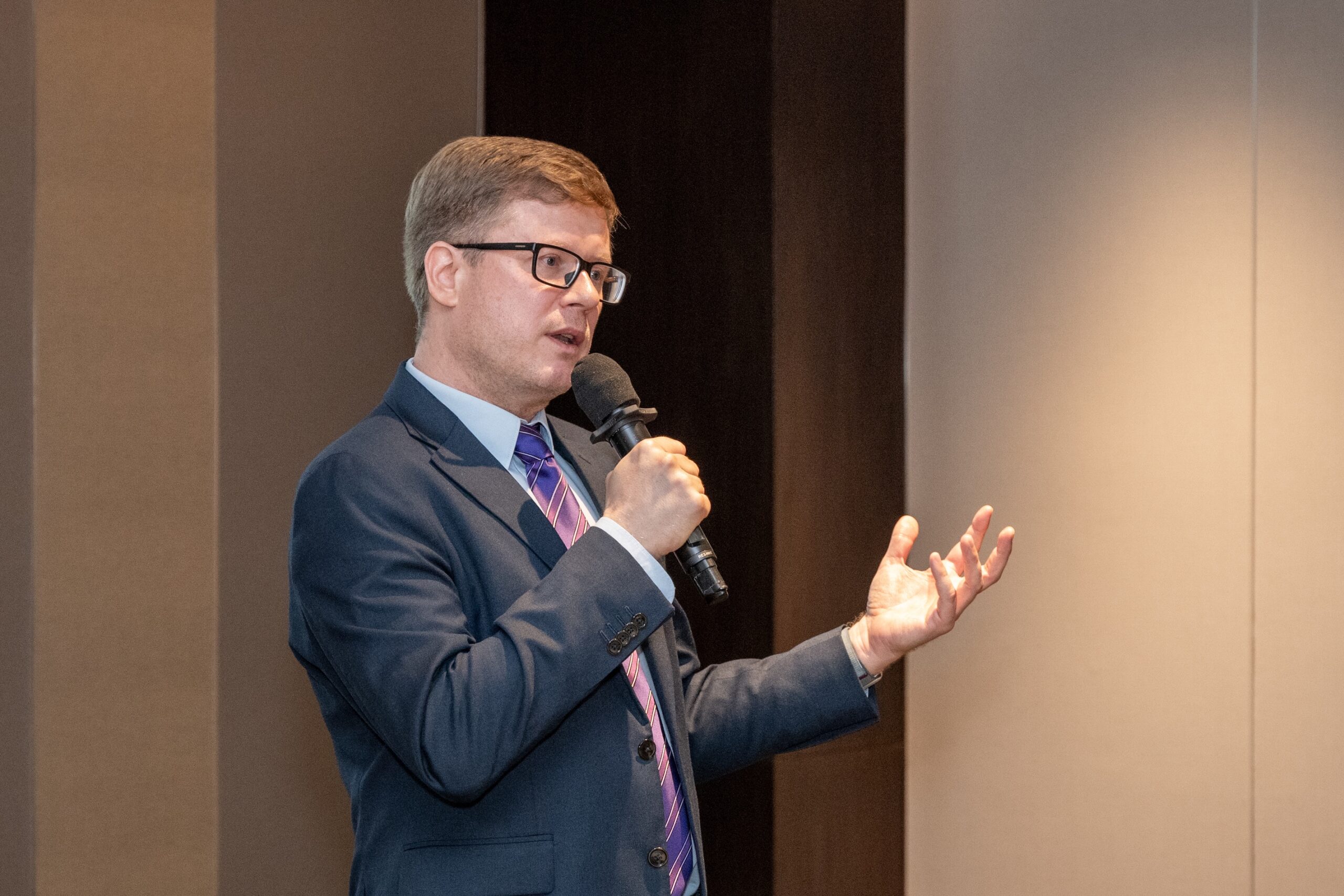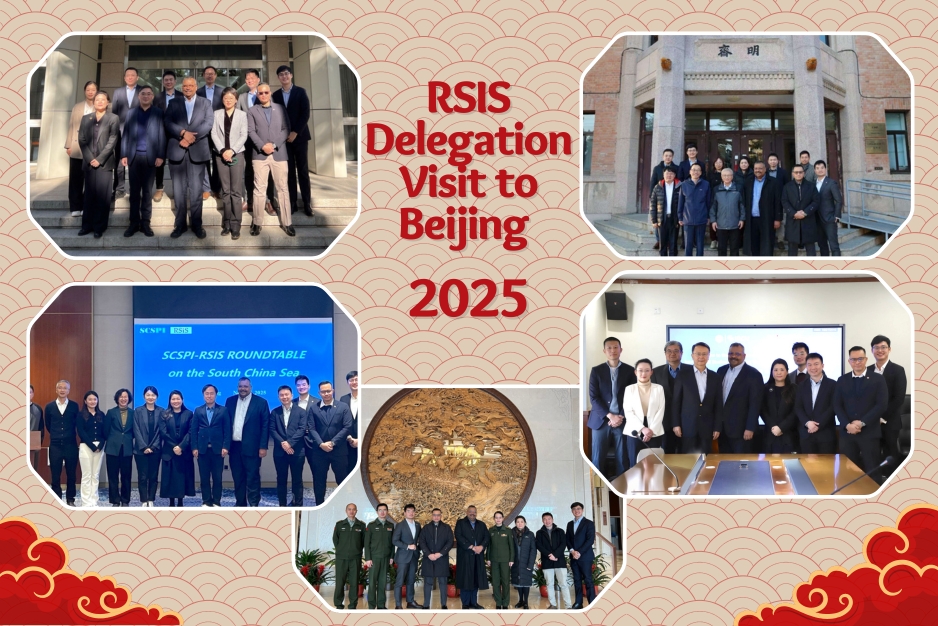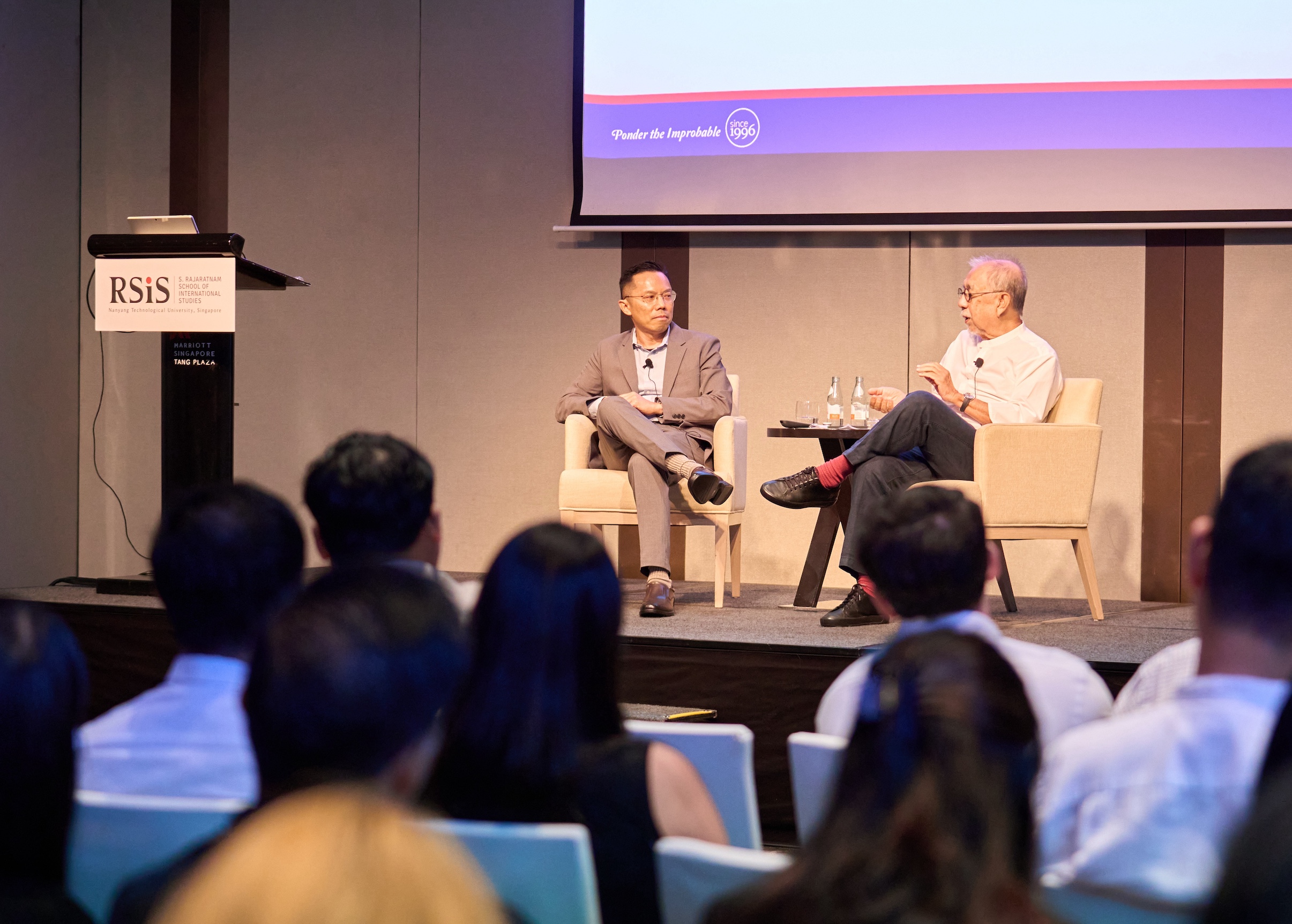
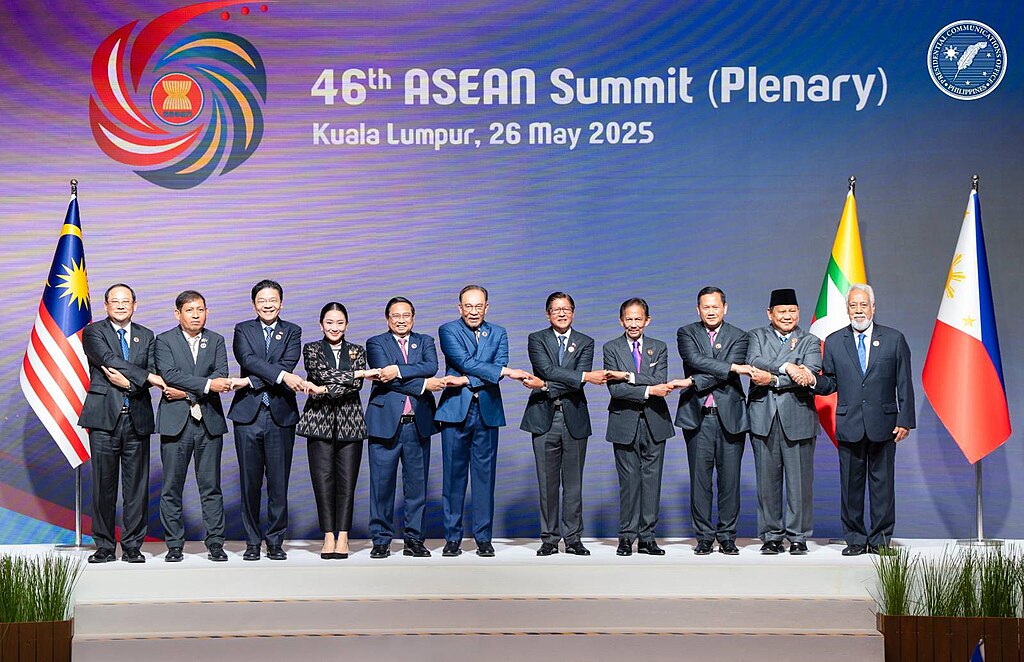
All eyes were on Kuala Lumpur during the last week of May as Malaysia chaired the 46th ASEAN Leaders’ Summit and presided over important milestones, such as the ASEAN Community Vision (ACV) 2045. To analyse the Summit’s outcomes, the Centre for Multilateralism Studies (CMS) hosted a webinar on 30 May 2025 featuring Mr Shahriman Lockman of the Institute of Strategic and International Studies (Malaysia), Ms Joanne Lin of the ASEAN Studies Centre of the ISEAS-Yusof Ishak Institute, Dr Joel Ng, Head of CMS, and Asst Prof Sarah Teo, Deputy Head of Graduate Studies at RSIS as moderator.
Mr Lockman opened his remarks by explaining that as a founding member of ASEAN, Malaysia faced higher expectations in its chairmanship versus previous chairs; however, these expectations have been tempered by structural constraints within ASEAN, the Summit’s extensive agenda, and members’ need to compromise. These challenges could be amplified later in 2025, when both the ASEAN Regional Forum (ARF) and East Asia Summit (EAS) take place.
Ms Lin focused on the ACV 2045, which she explains is a significant document that describes how ASEAN will respond to a “world in flux” and how it ambitiously positions itself in this new strategic environment. Furthermore, the ASEAN-GCC-China Summit demonstrates ASEAN’s desire to diversify its external partnerships and Malaysia’s foreign policy strategy of pursuing cooperation with emerging regions. Nonetheless, challenges lie ahead in implementing ASEAN’s strategic plans and ensuring political unity of ASEAN members in contentious issues like the Code of Conduct in the South China Sea.
Dr Ng took a “birds-eye view” by exploring the evolution of the ASEAN community blueprints to uncover how ASEAN’s vision and ambitions have changed since its first iteration in 2009. For example, in its desire to create a “rules-based community”, the ACV 2045 makes clearer references to international law versus the original 2009 document. In sum, Dr Ng argues the ACV 2045 lays down ASEAN’s regional interests very well and should be used as a means to reconcile intraregional differences.
After the panellists’ remarks, an engaging Q&A session took place where the audience asked questions regarding Timor-Leste’s accession to ASEAN, what to expect in the ARF and EAS later this year, and ASEAN’s ongoing efforts regarding Myanmar.




